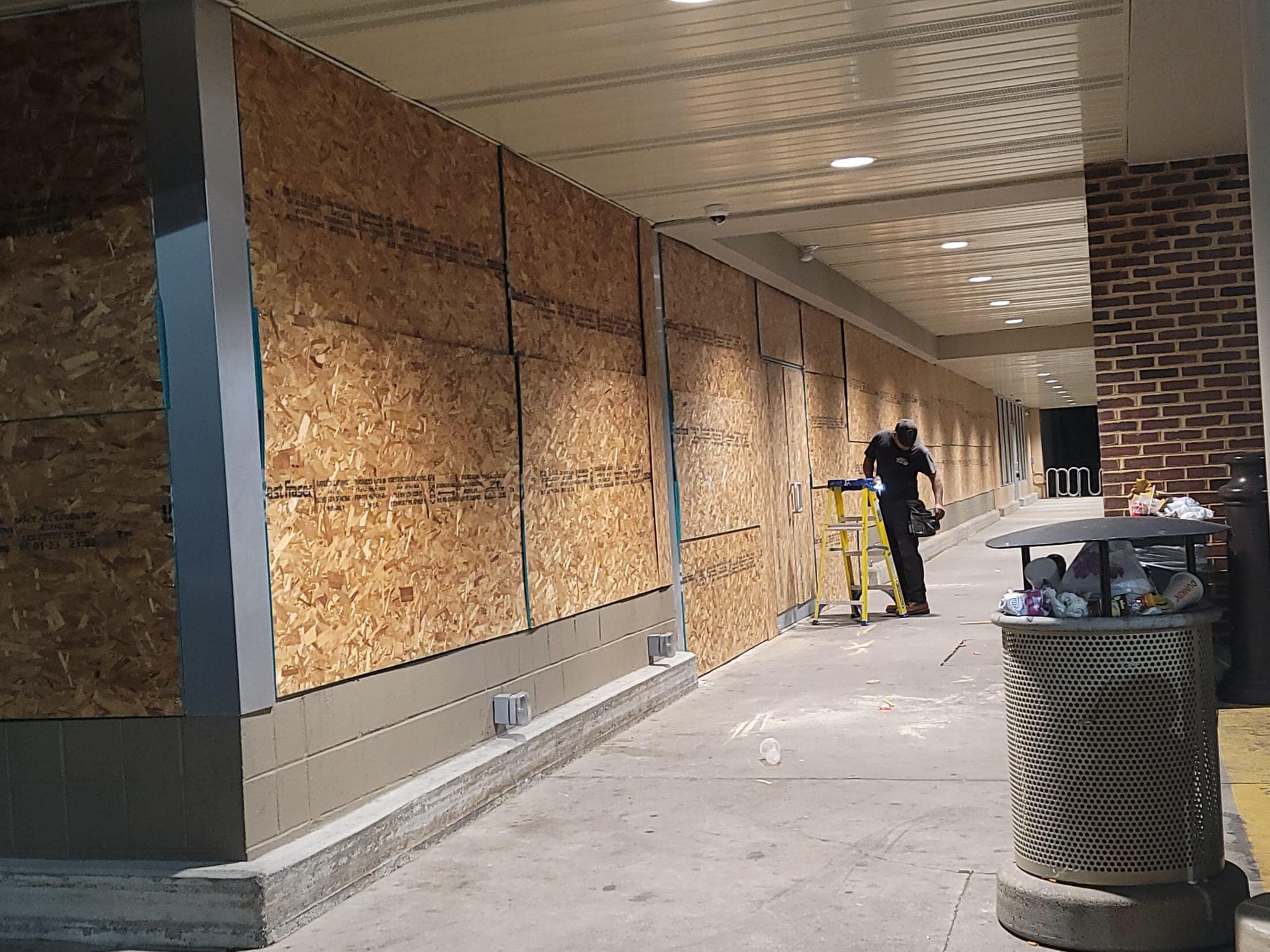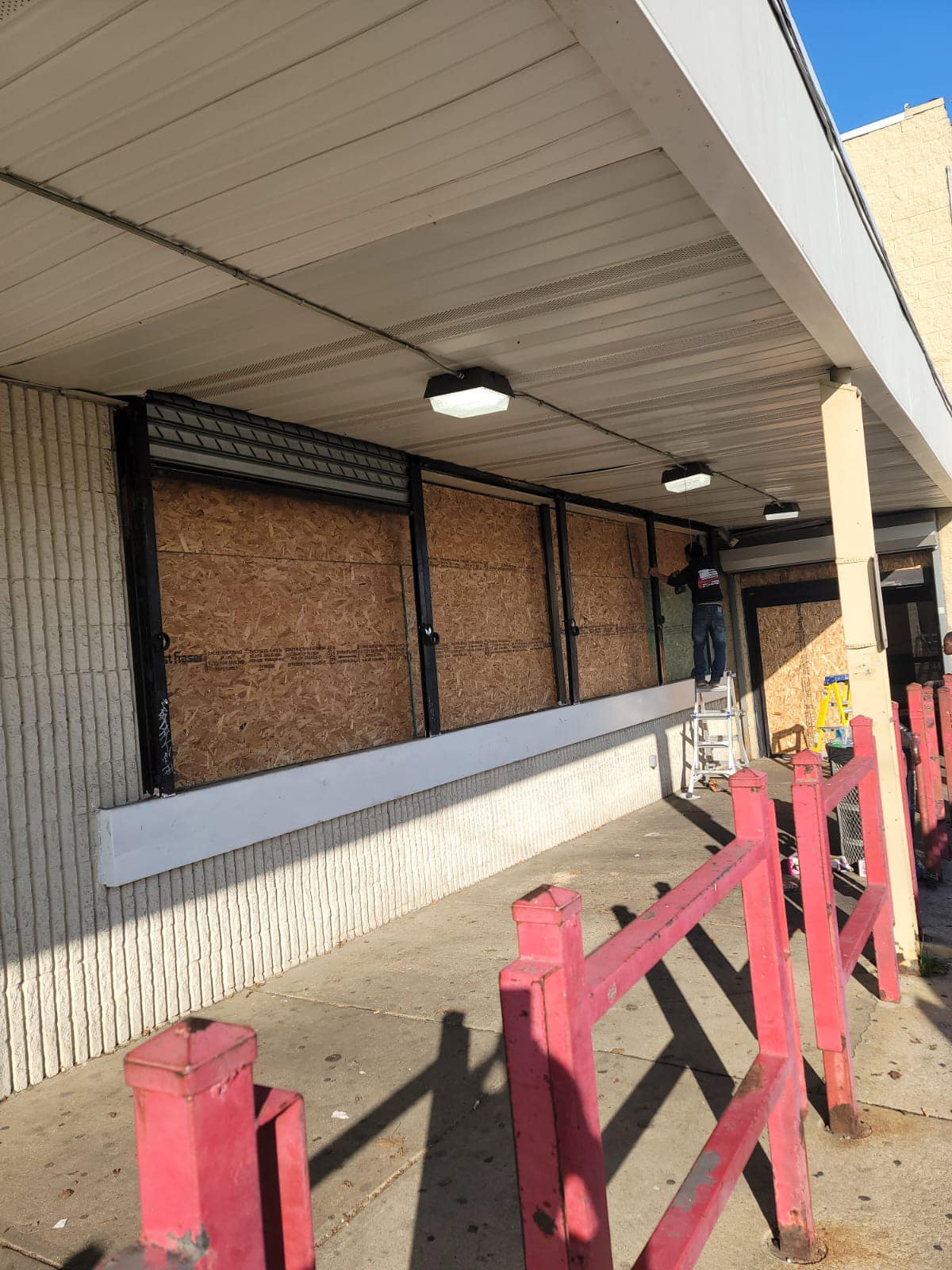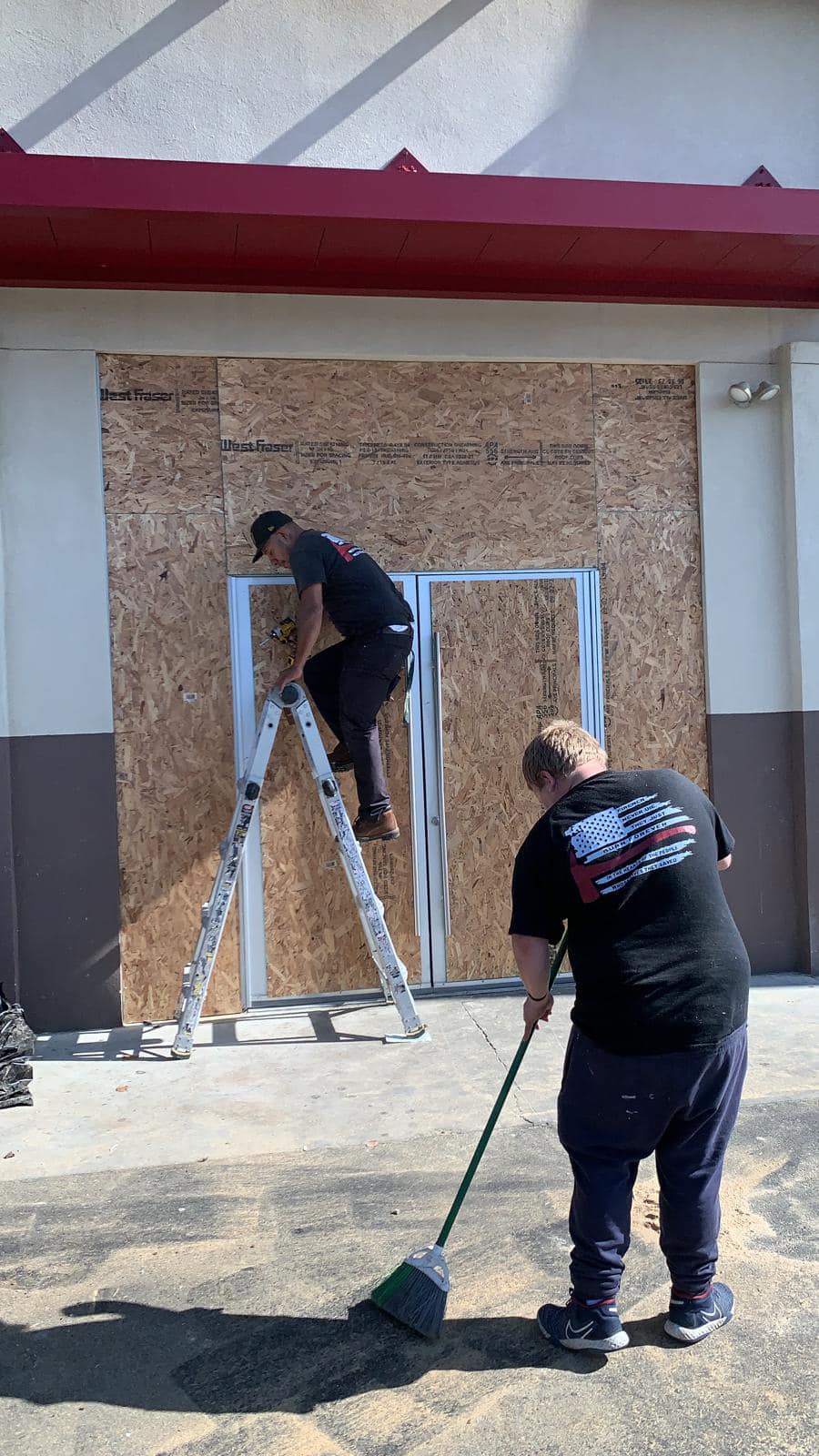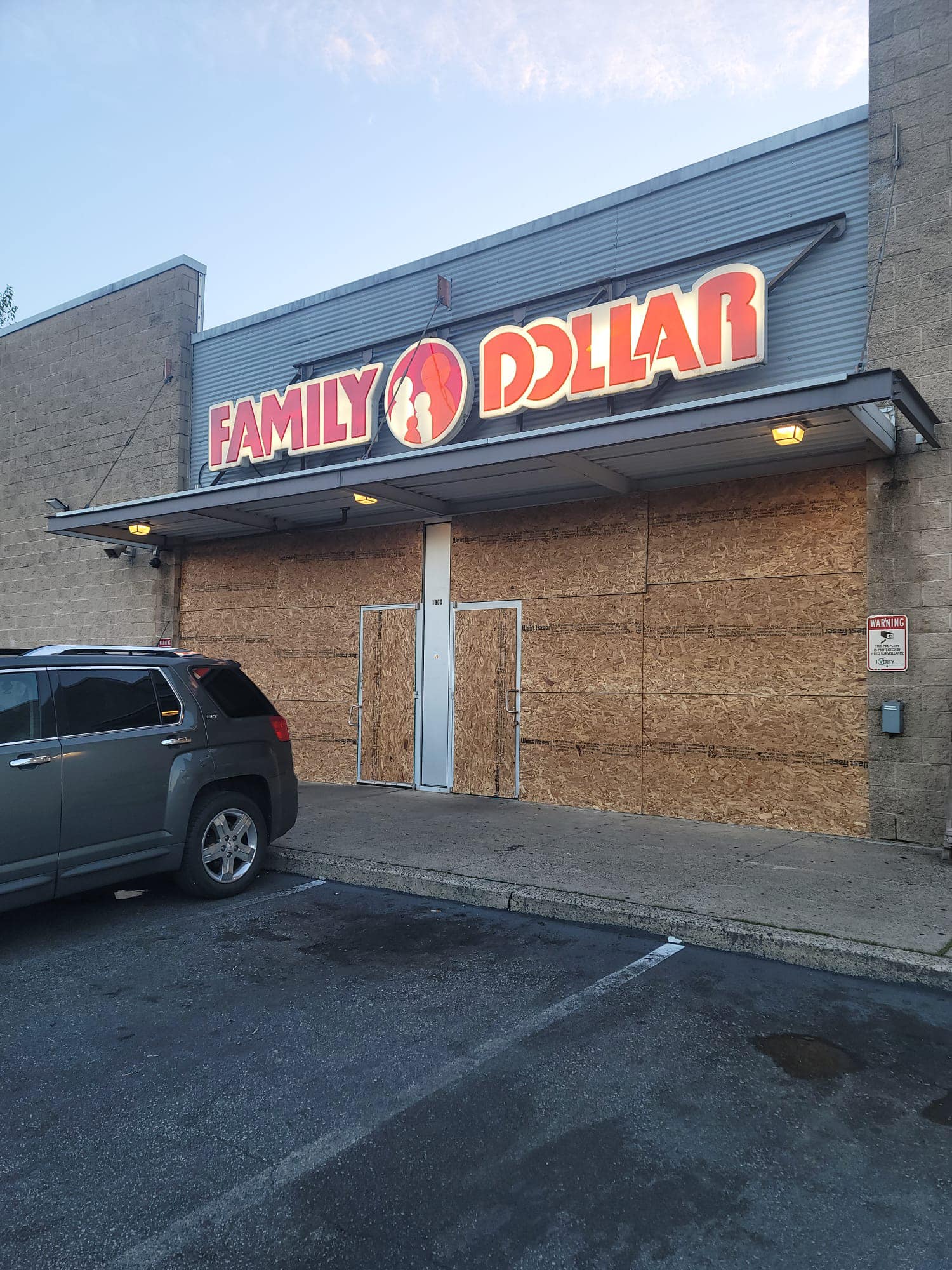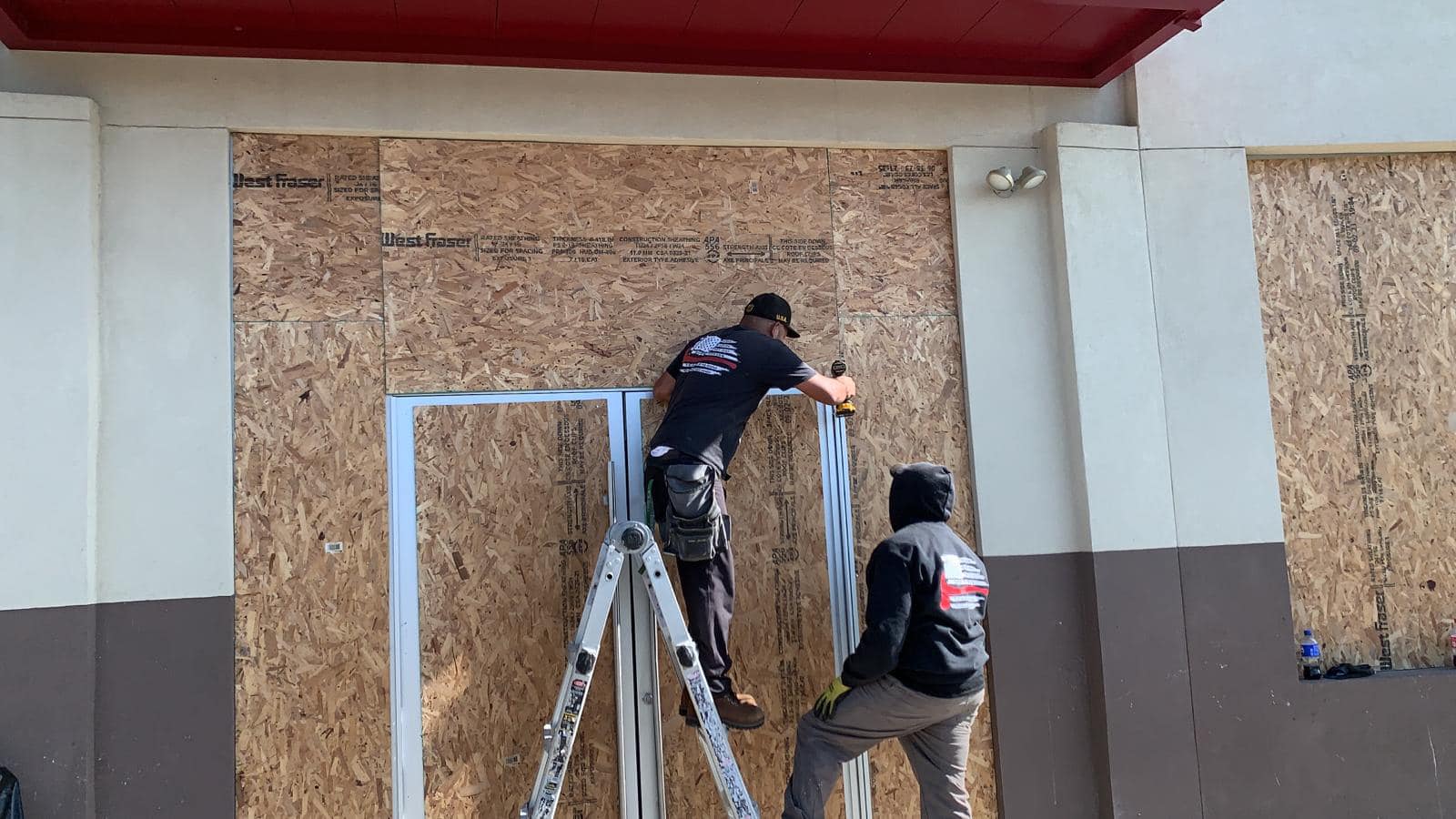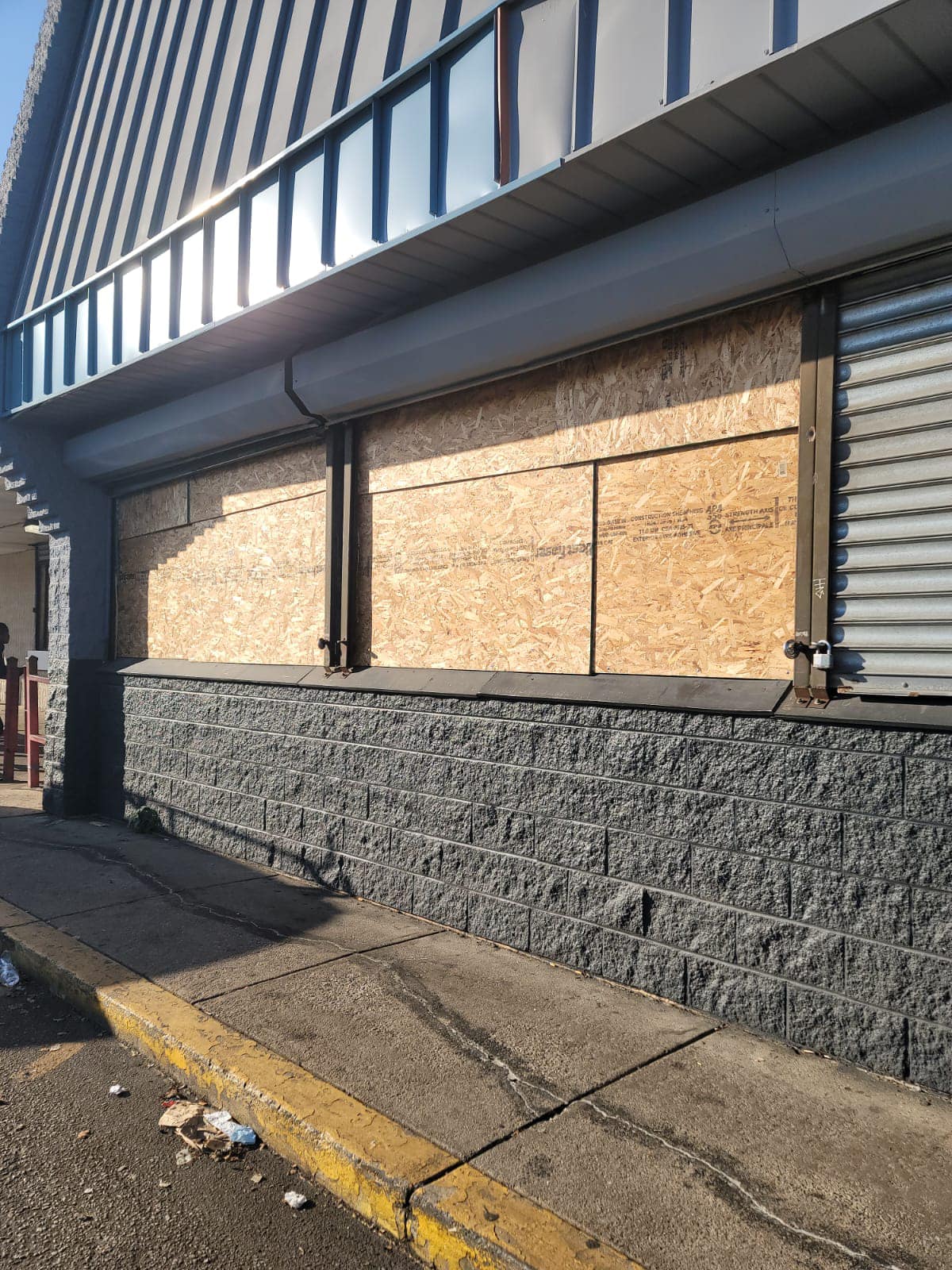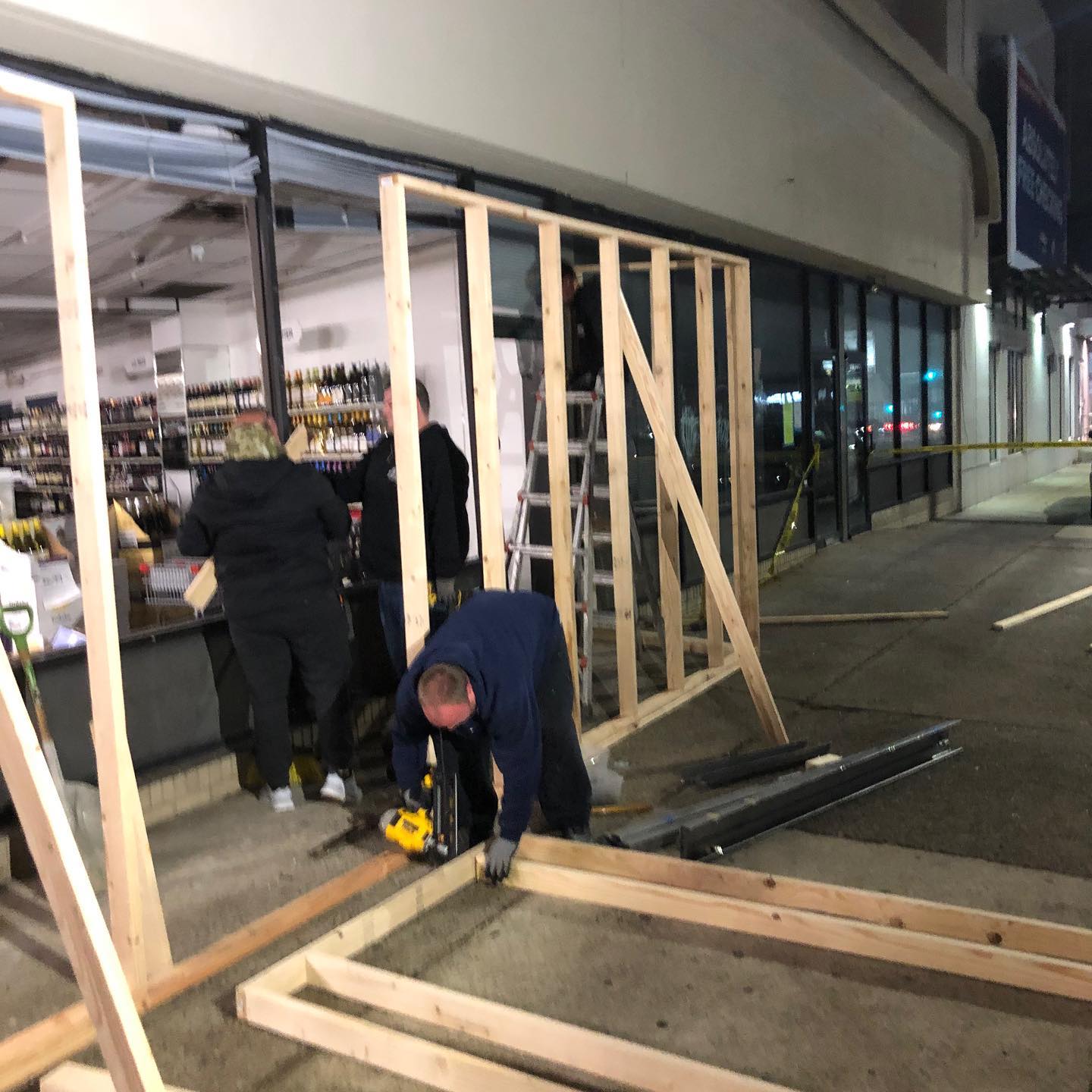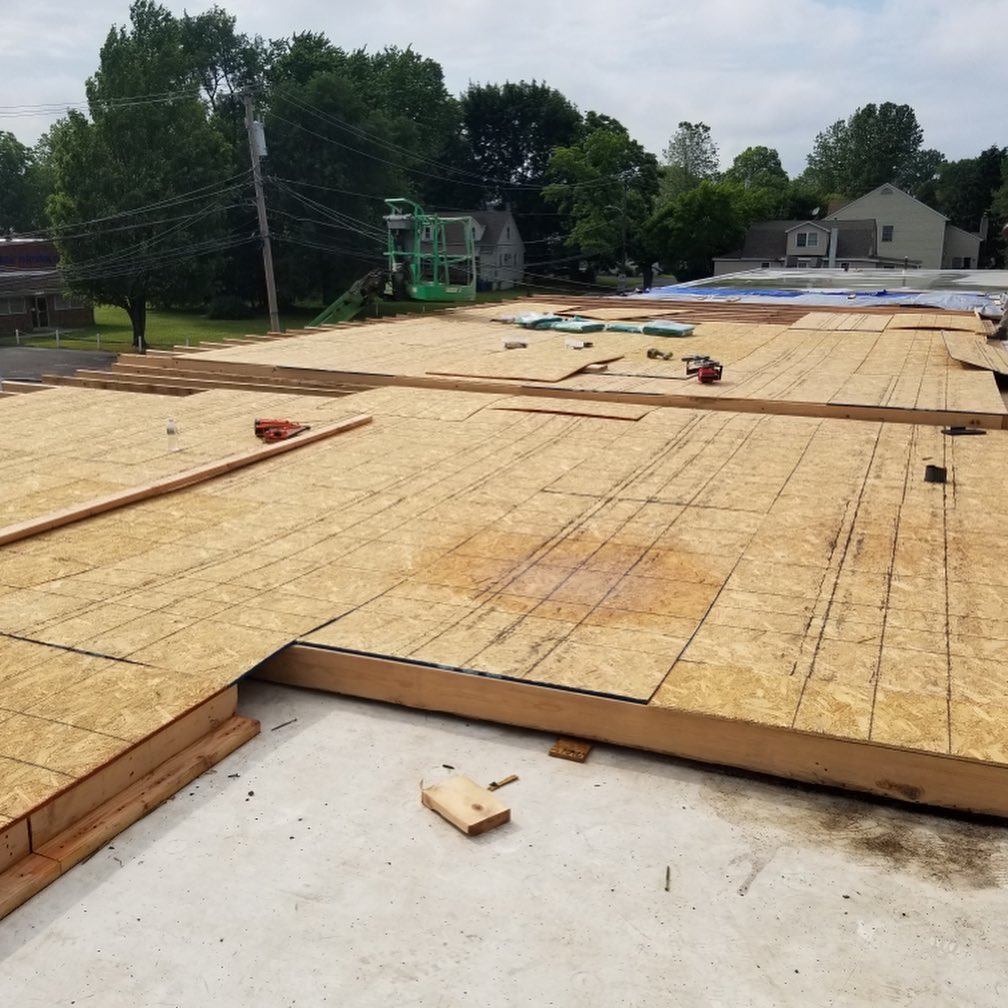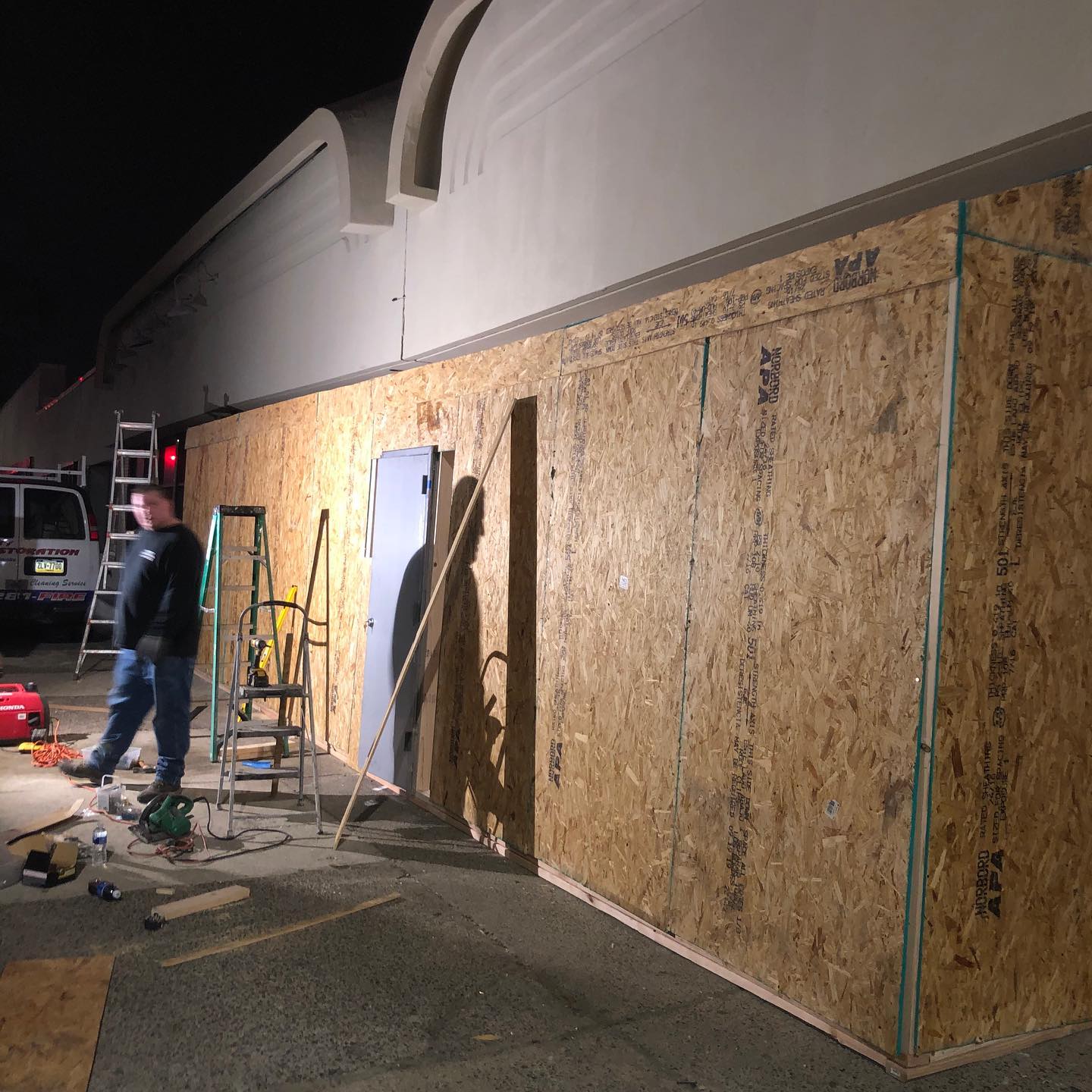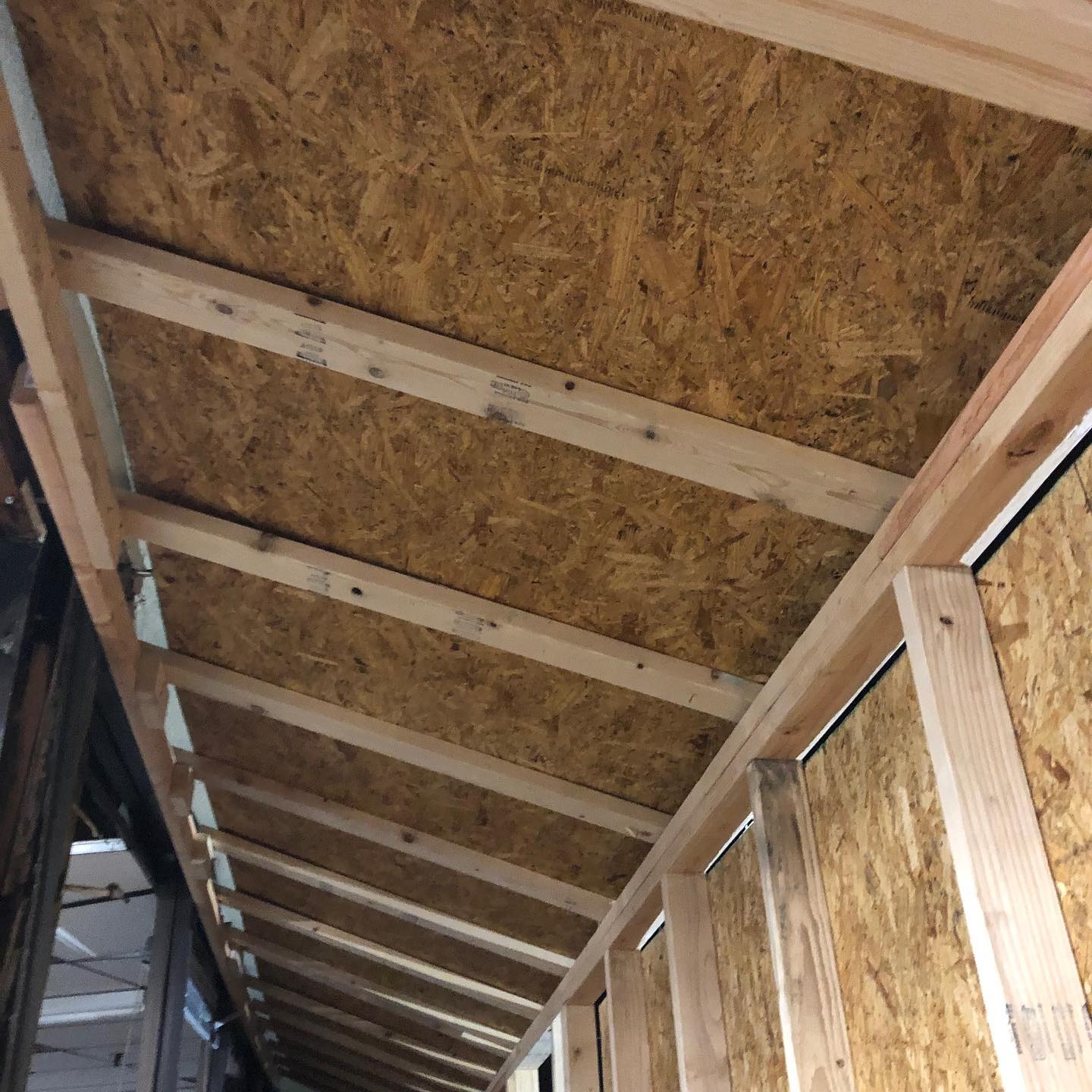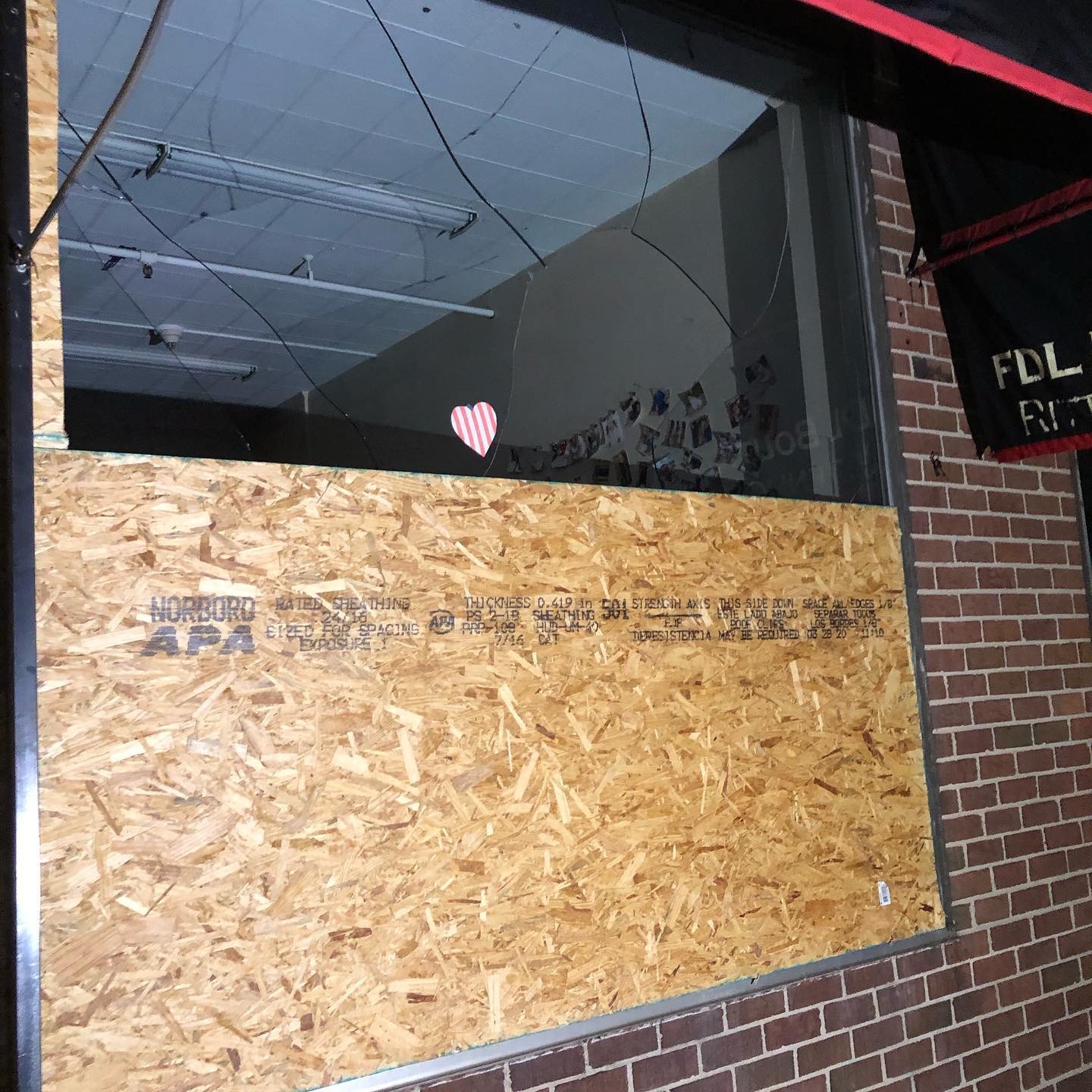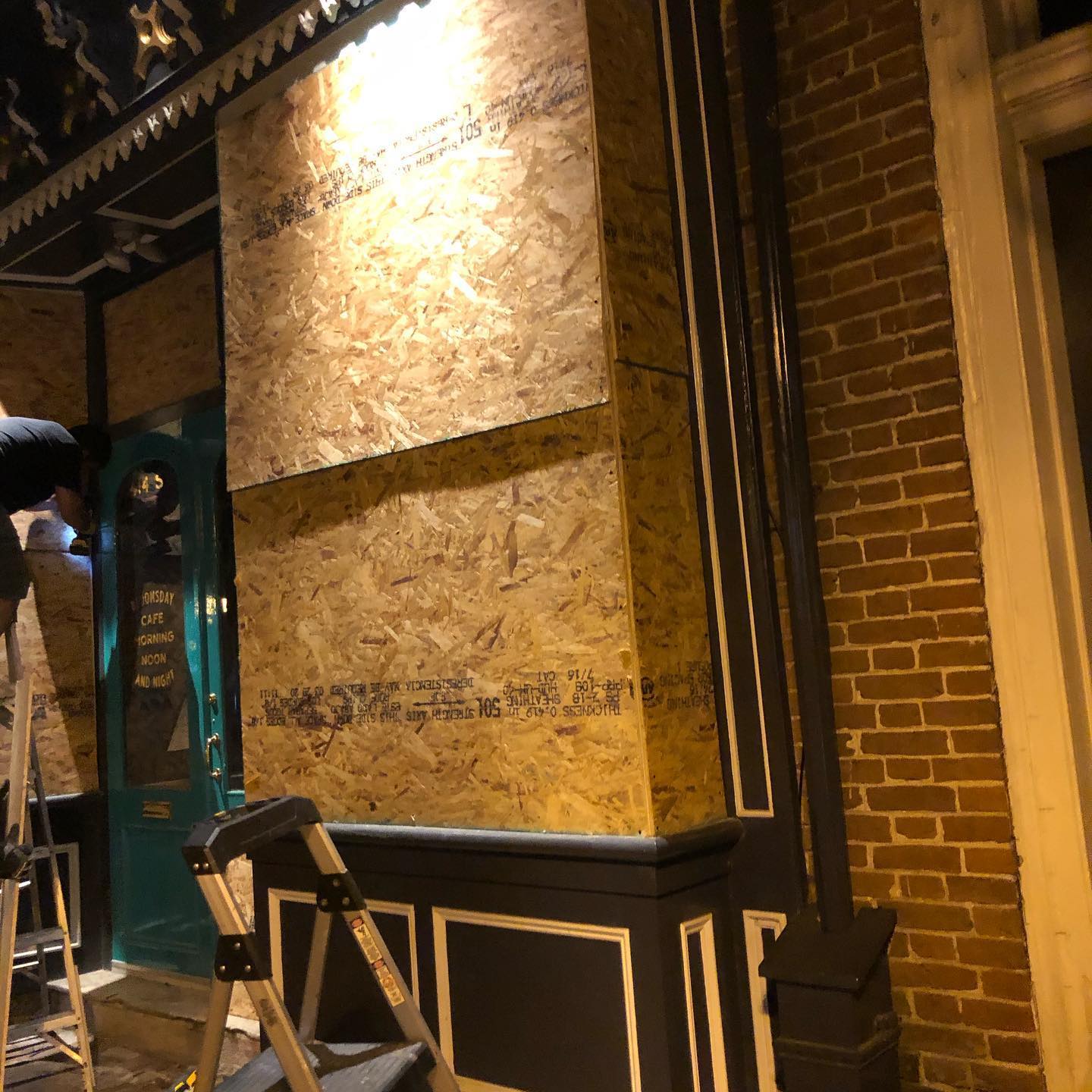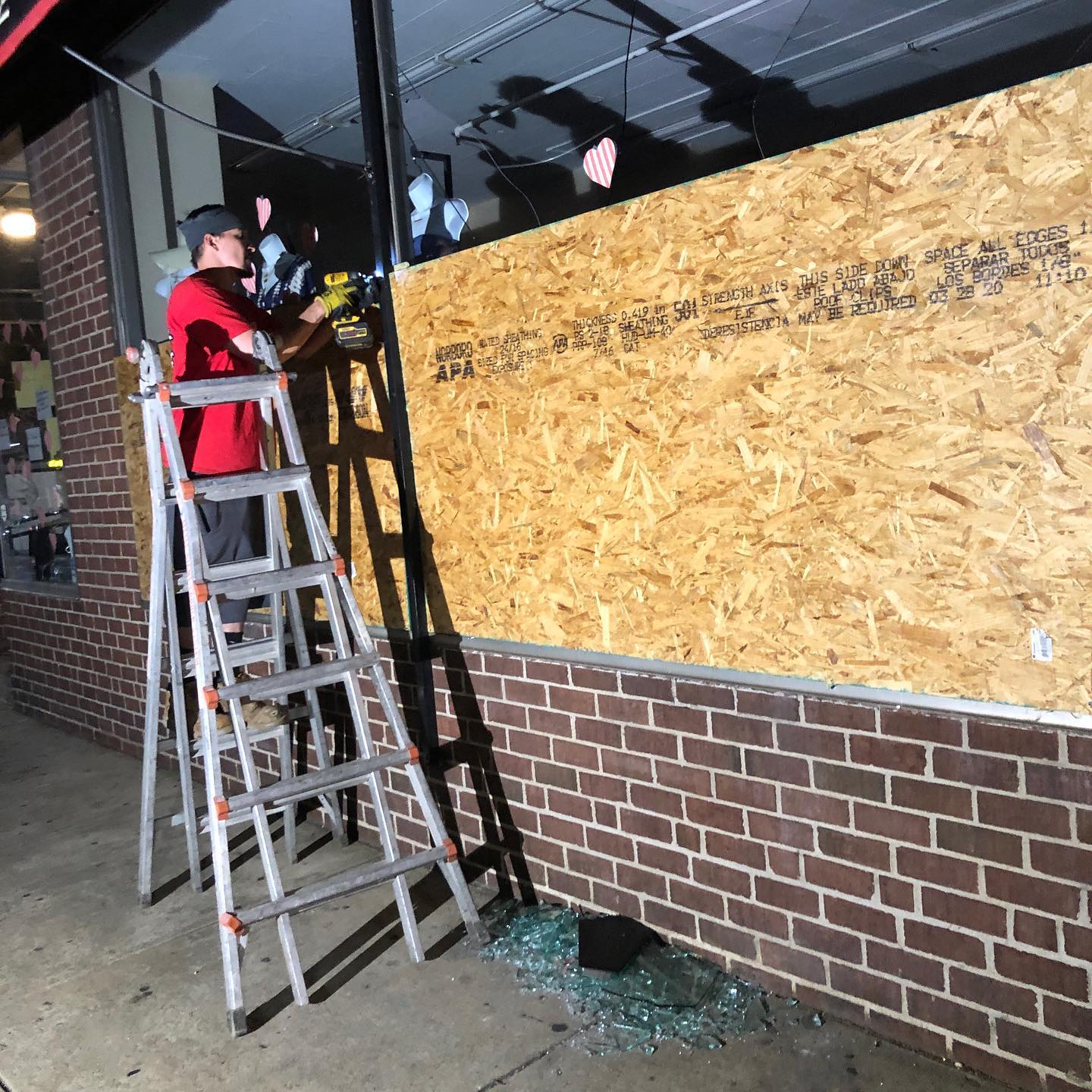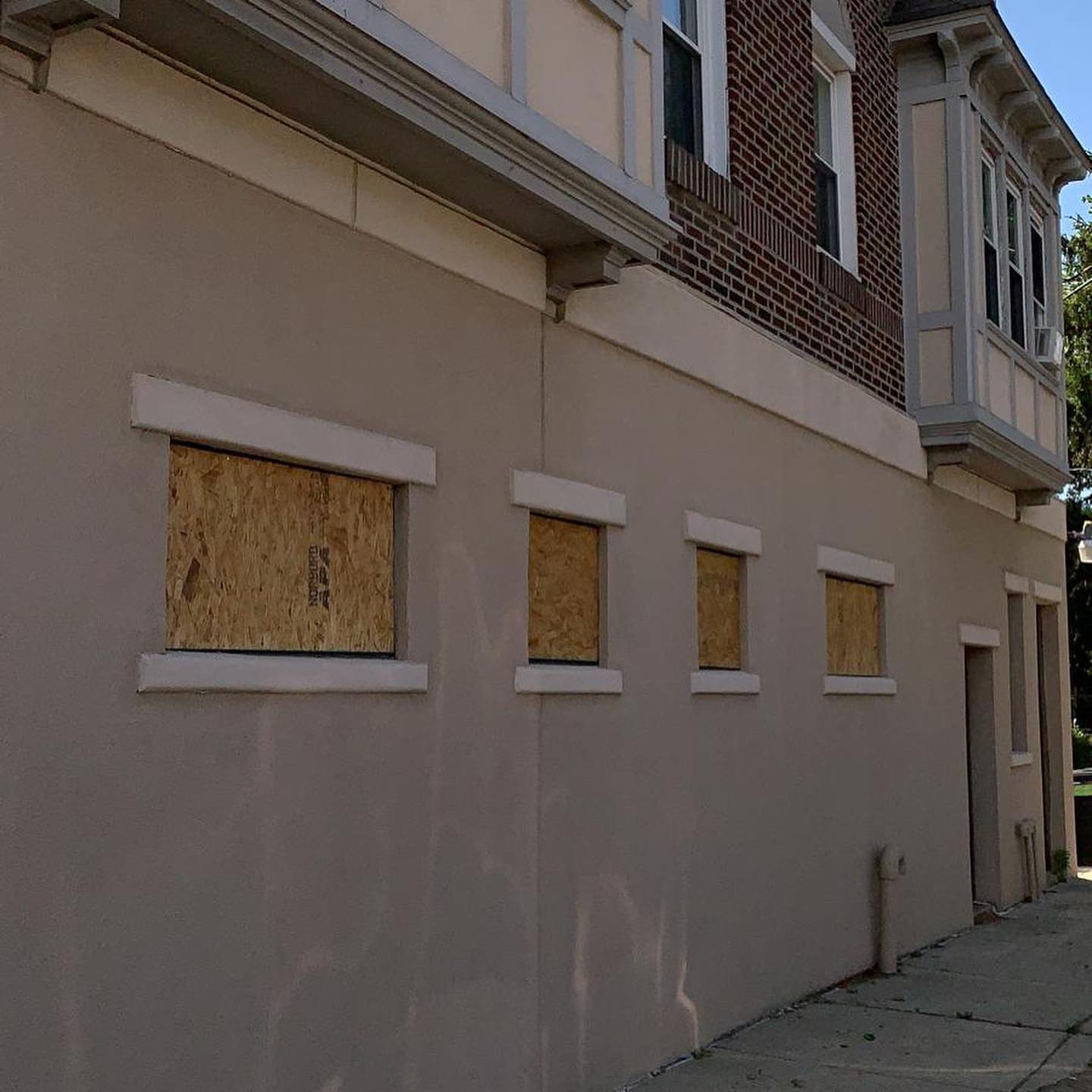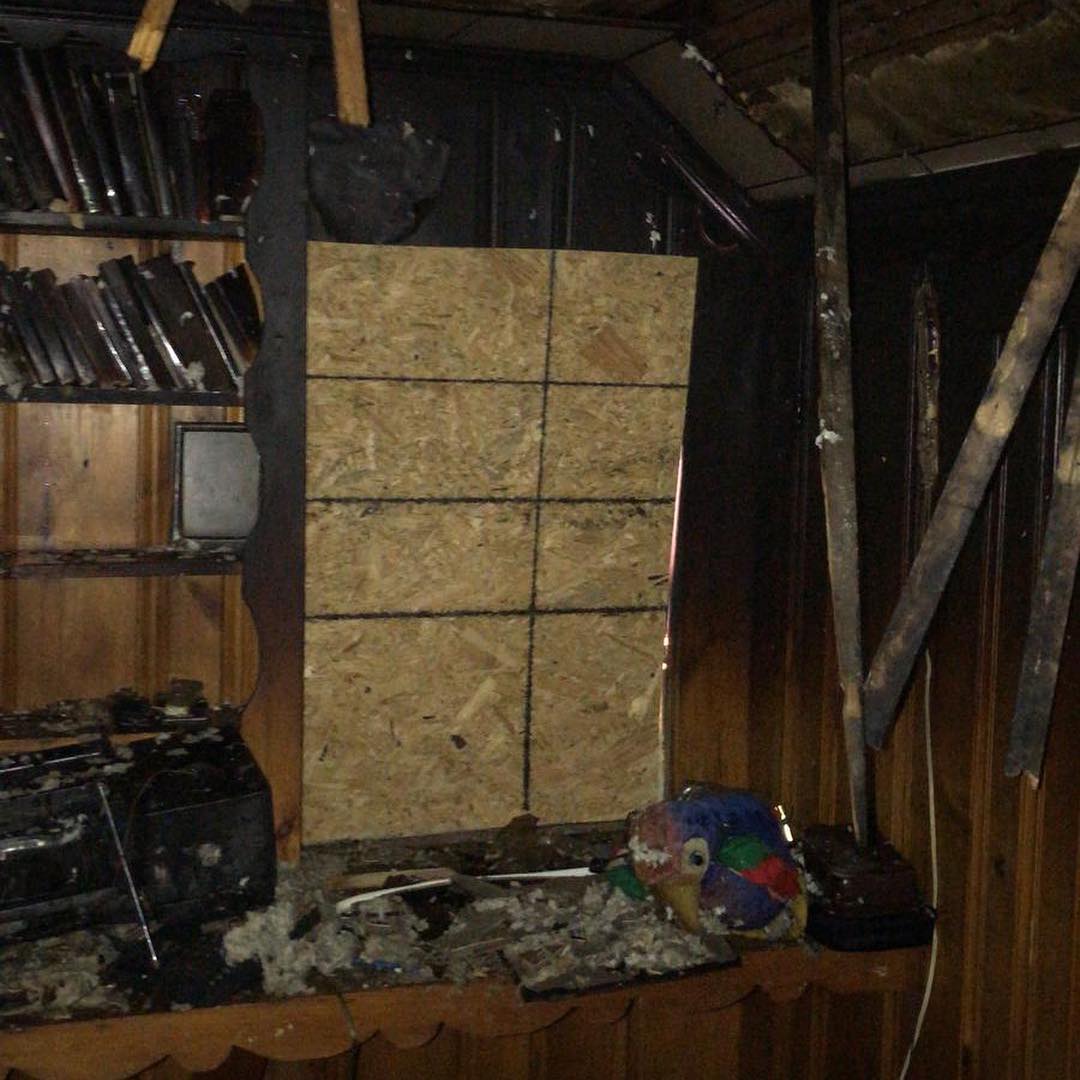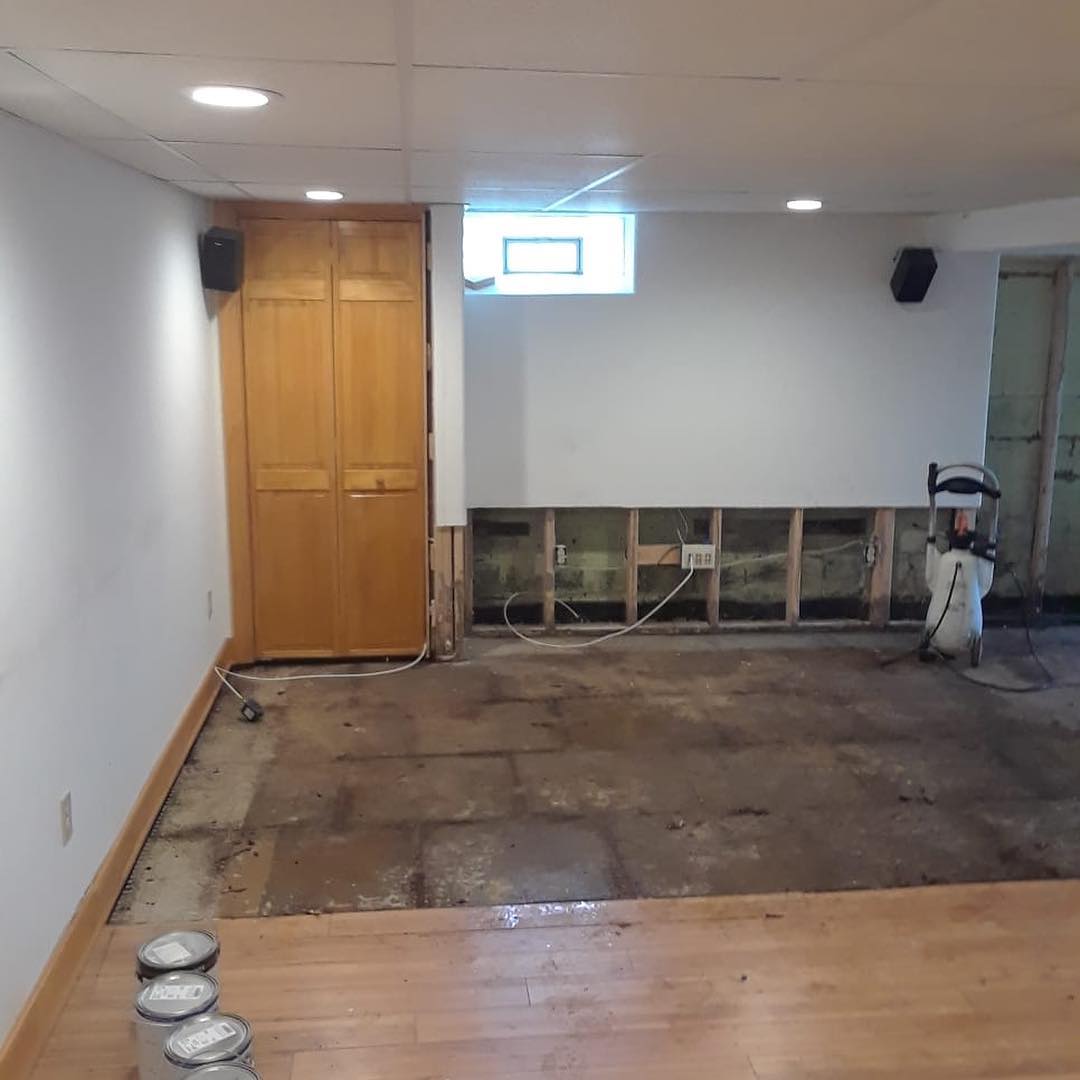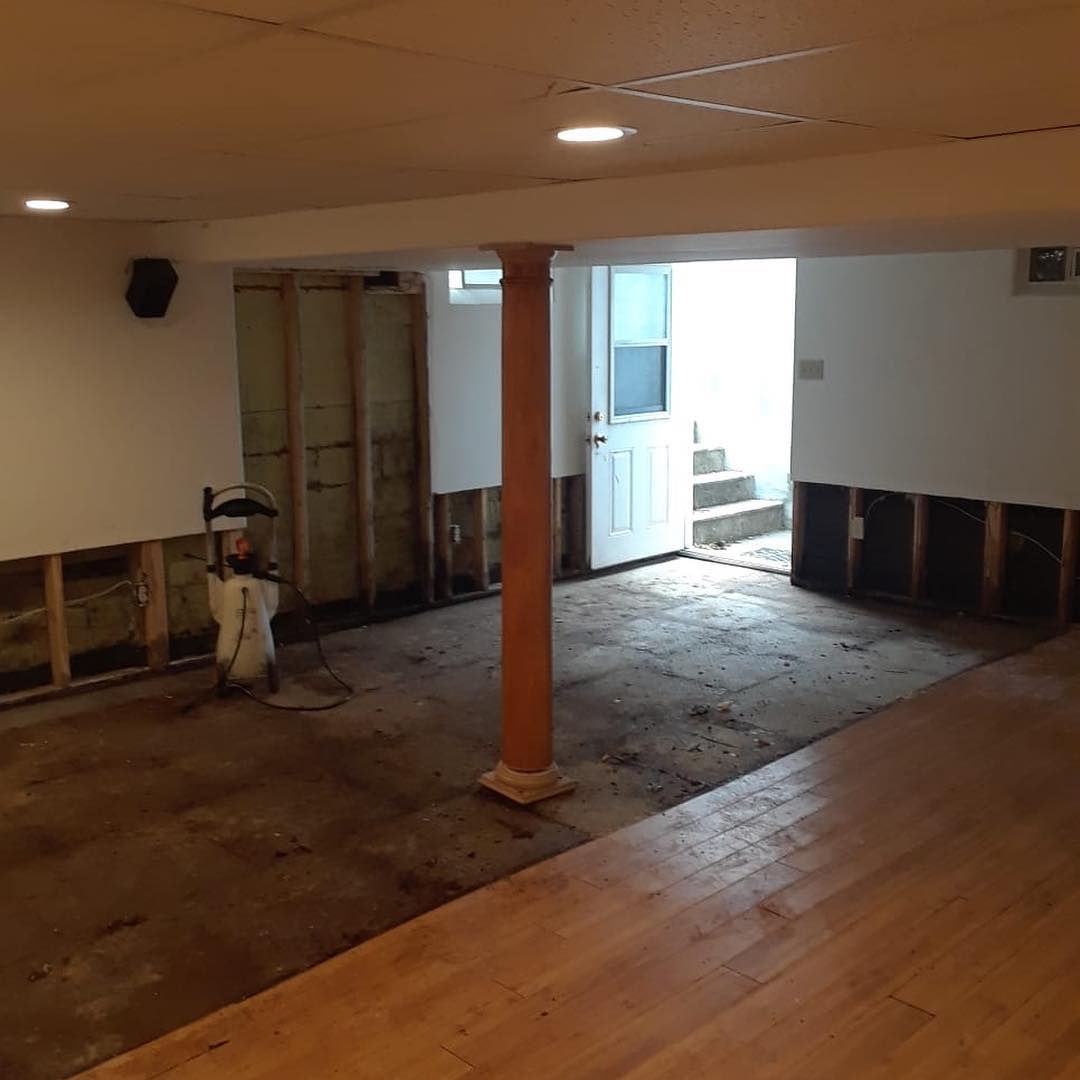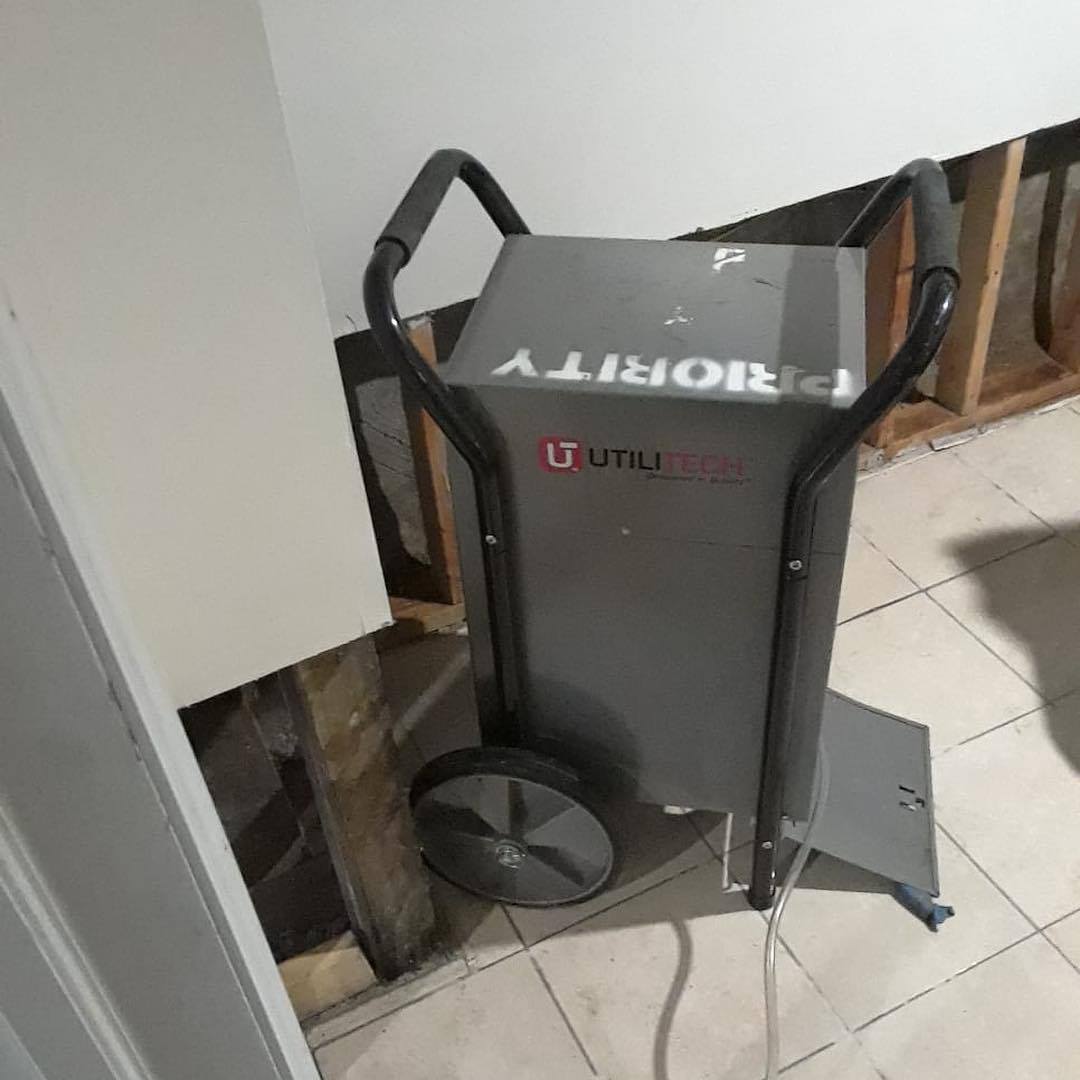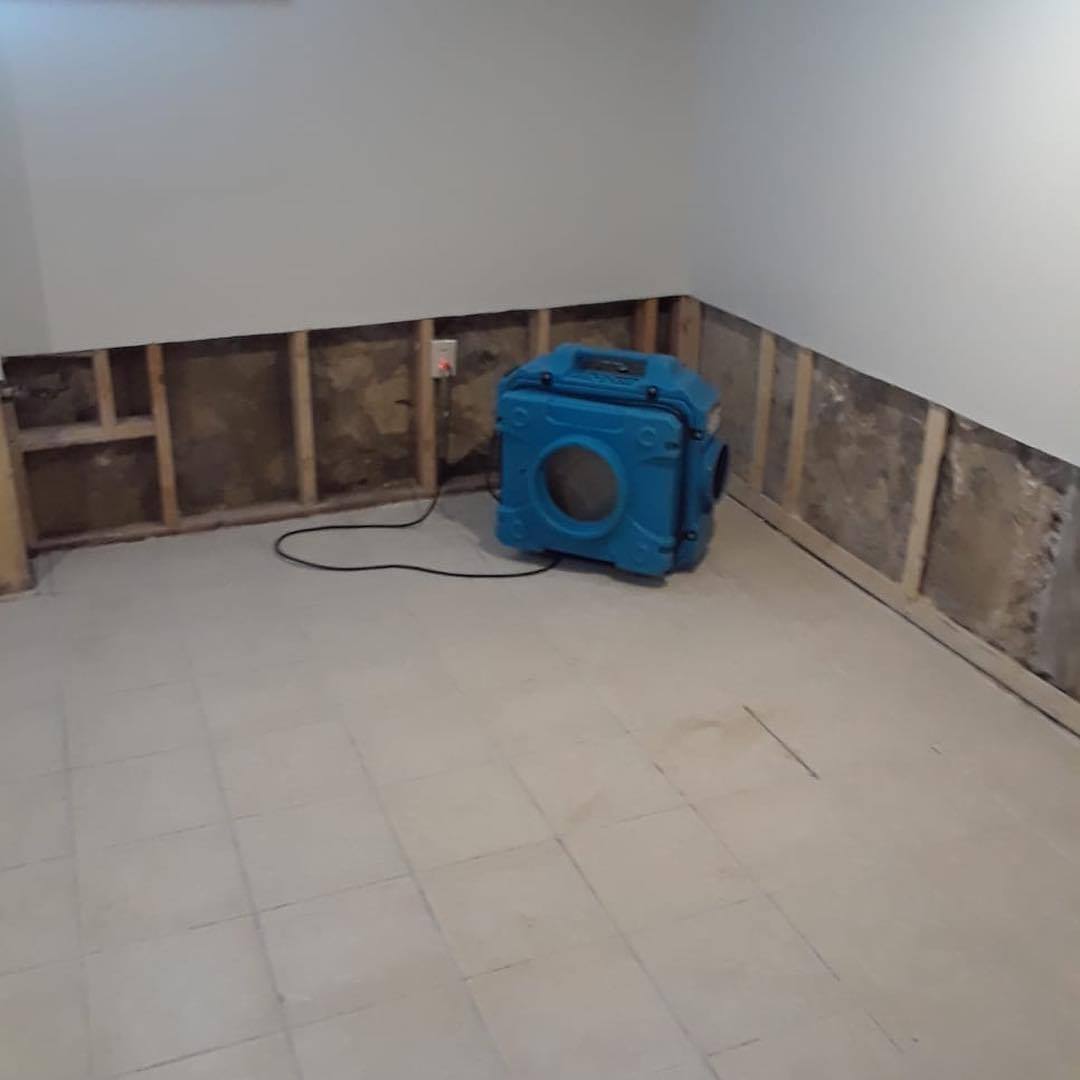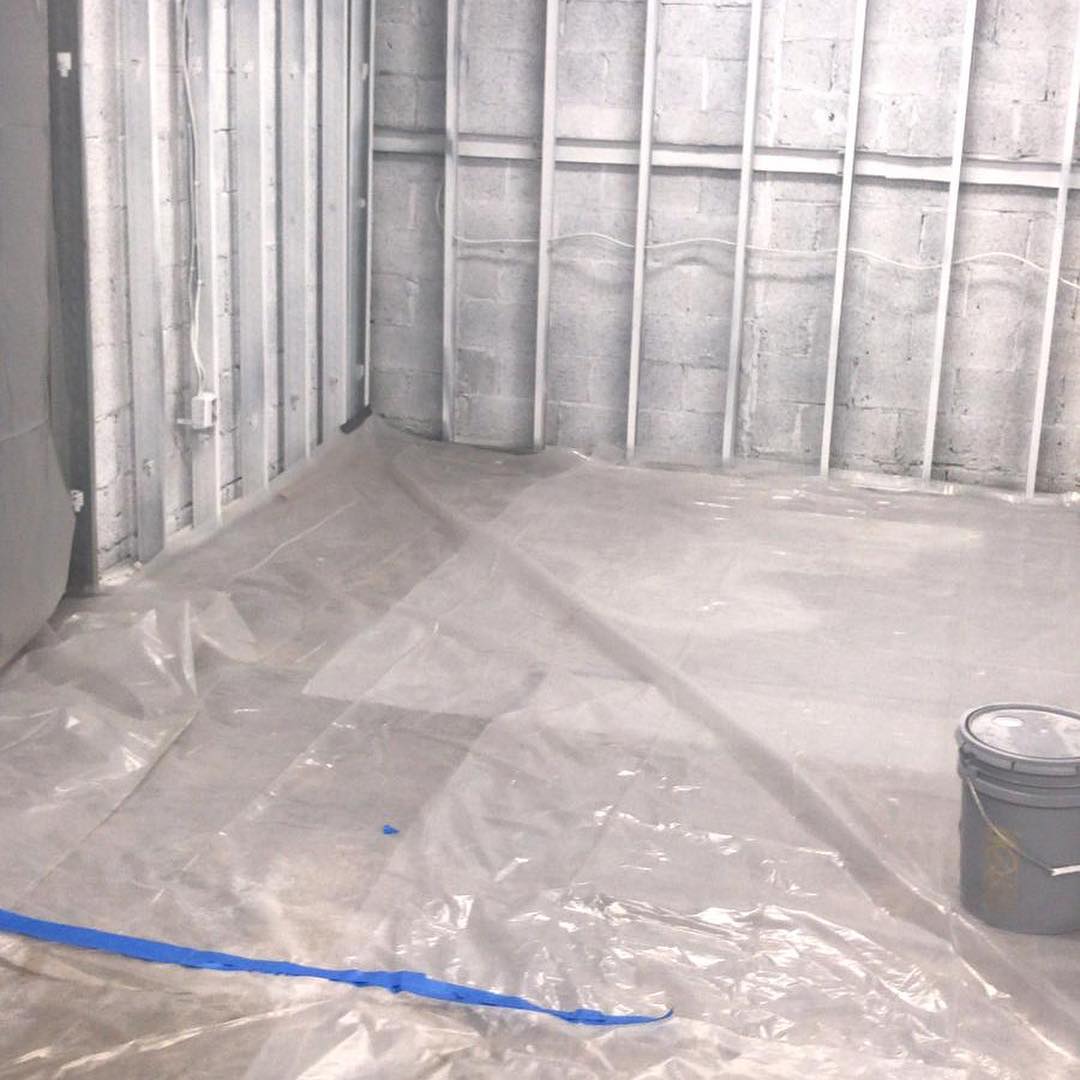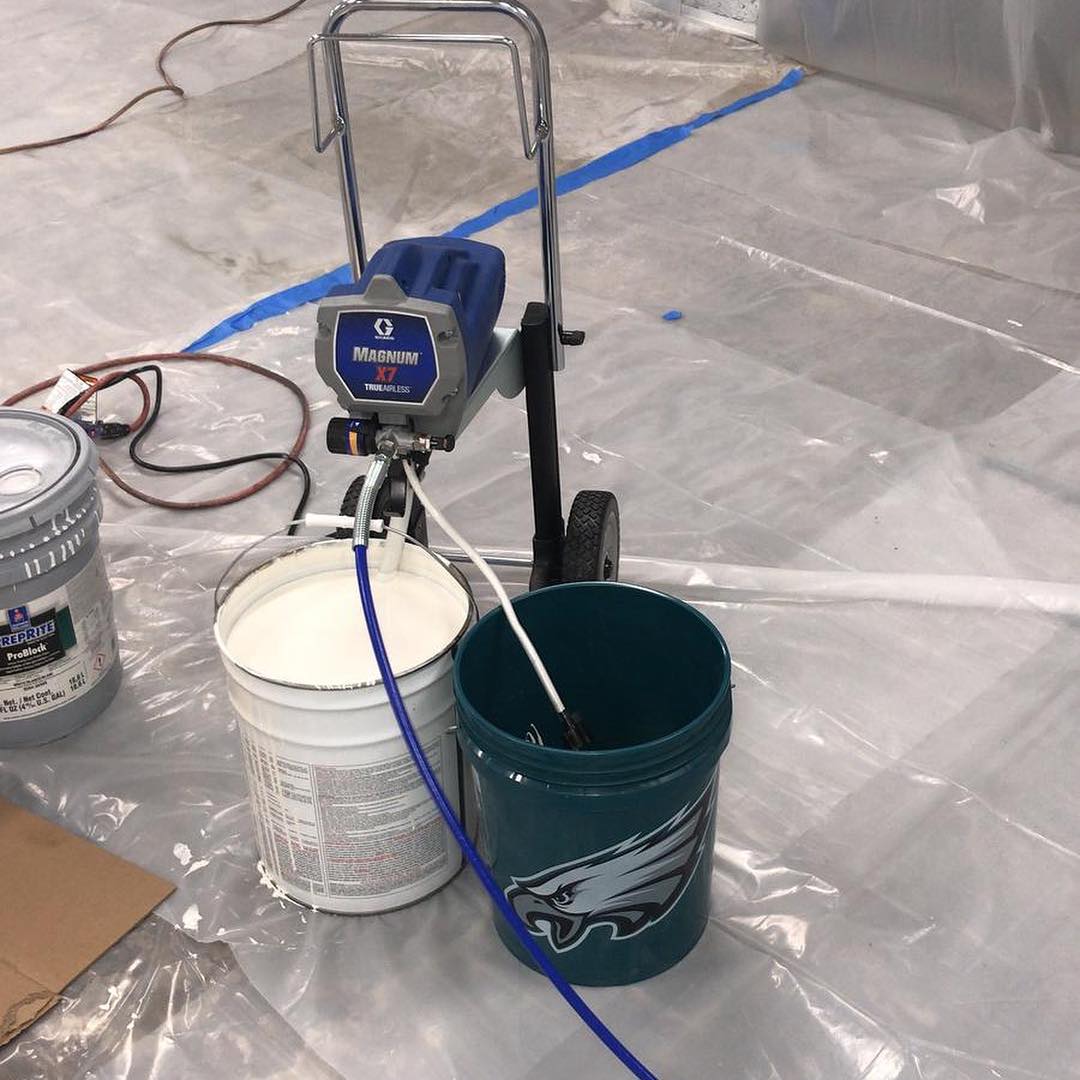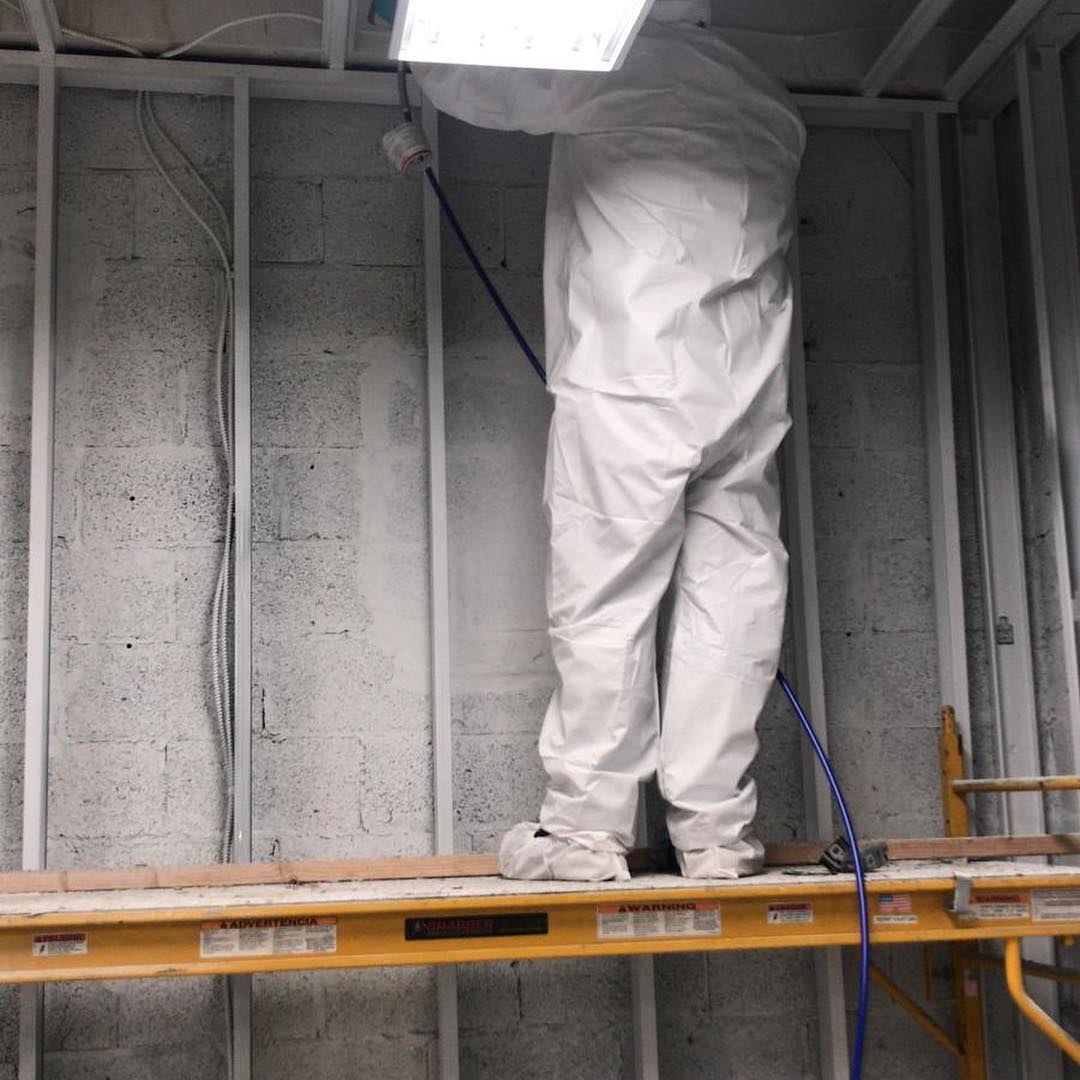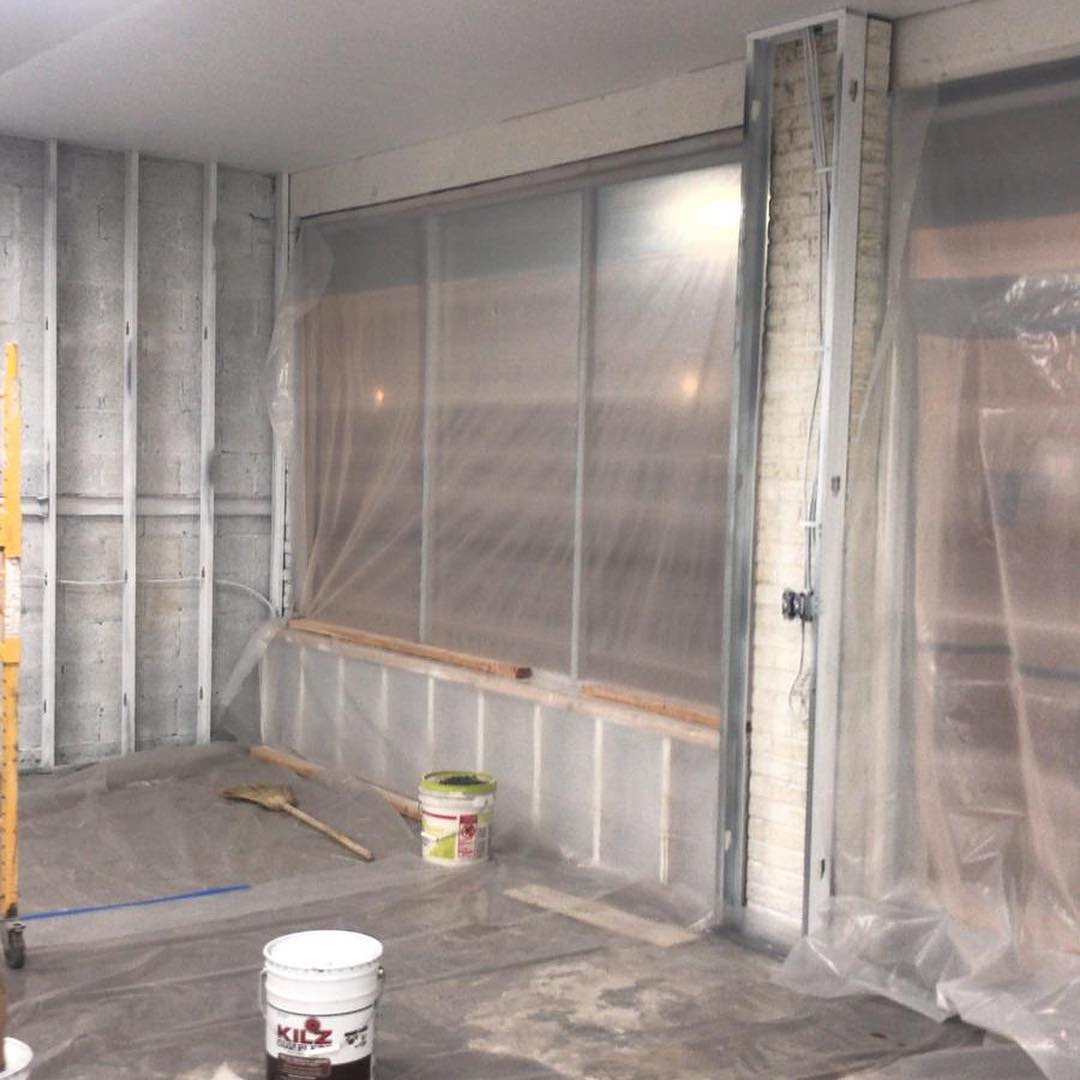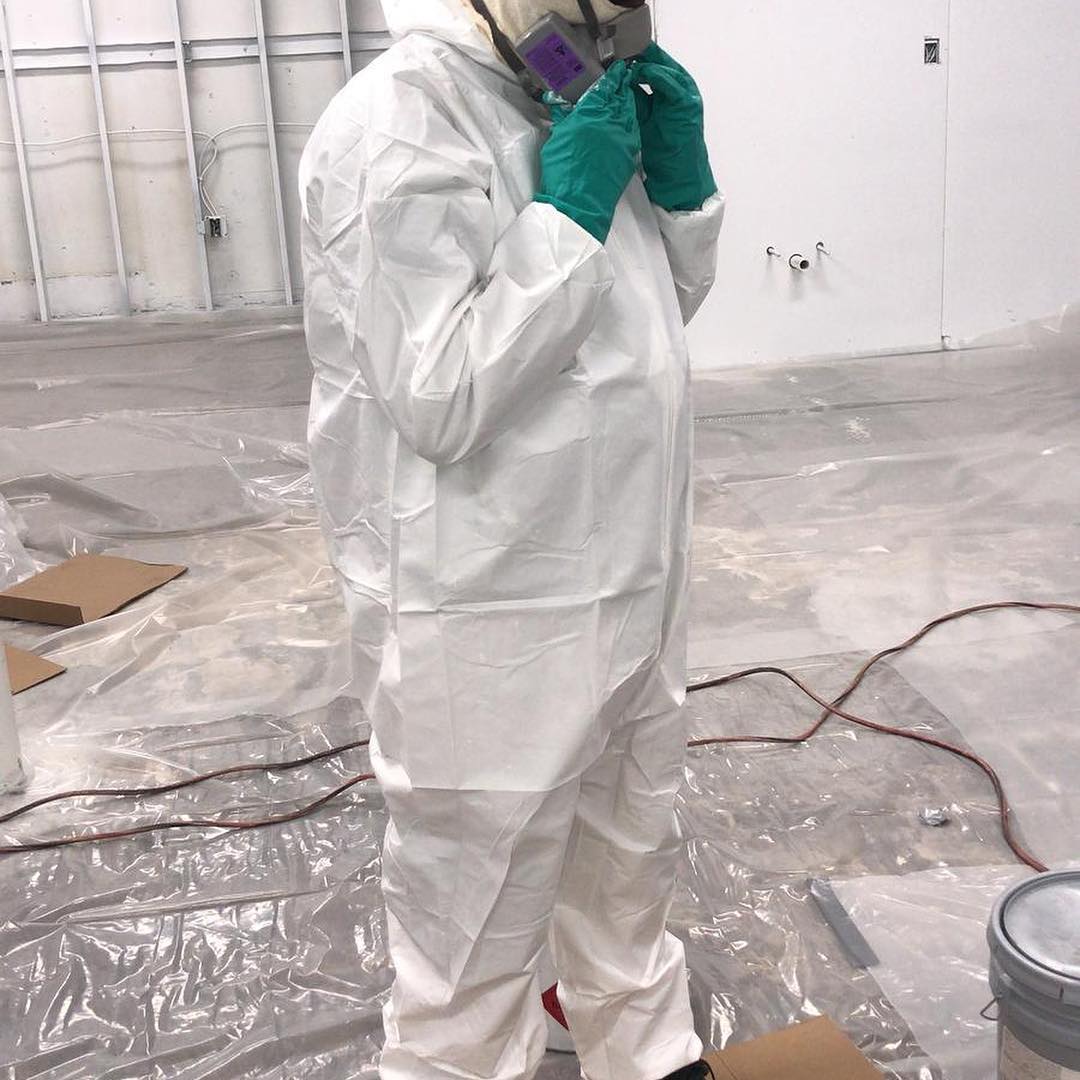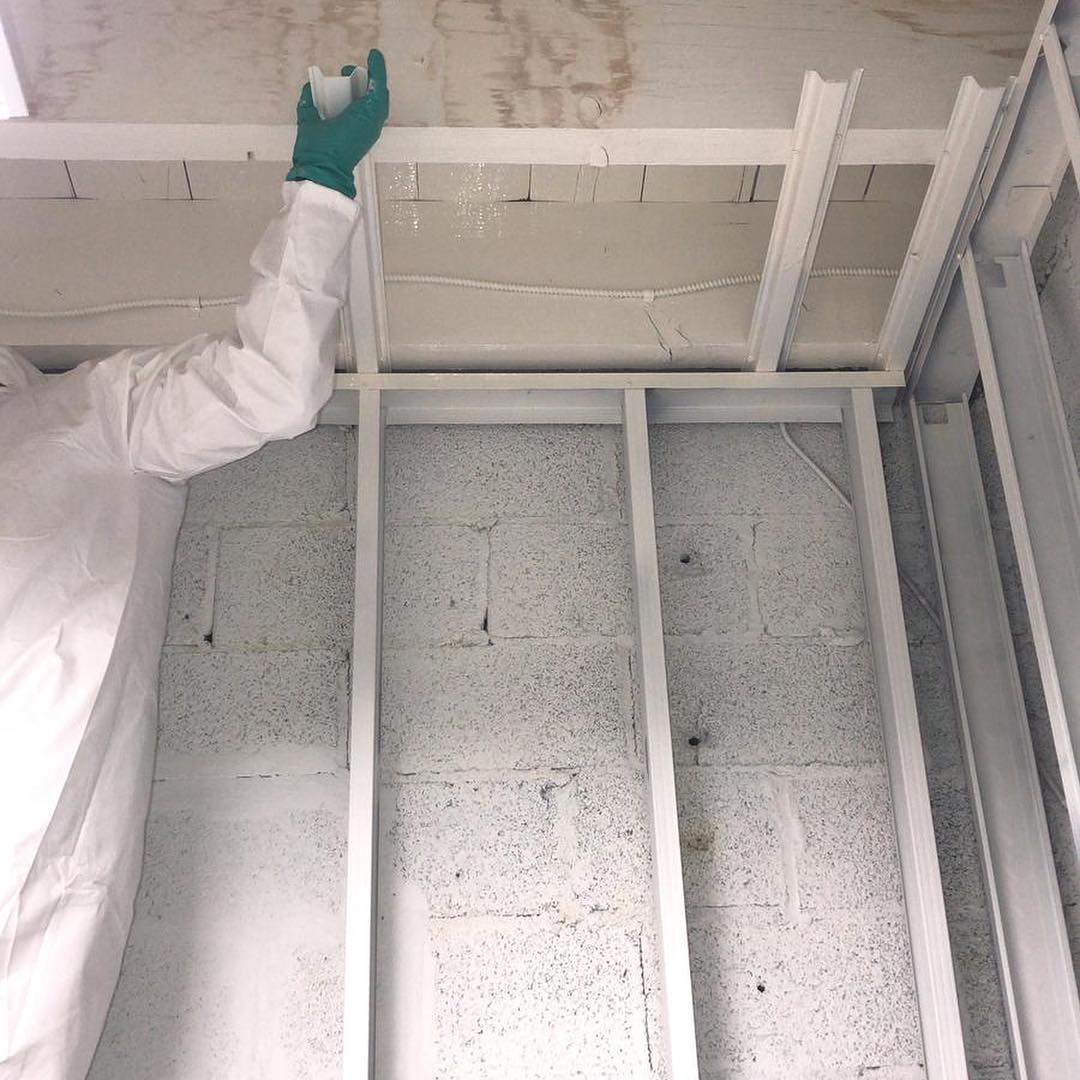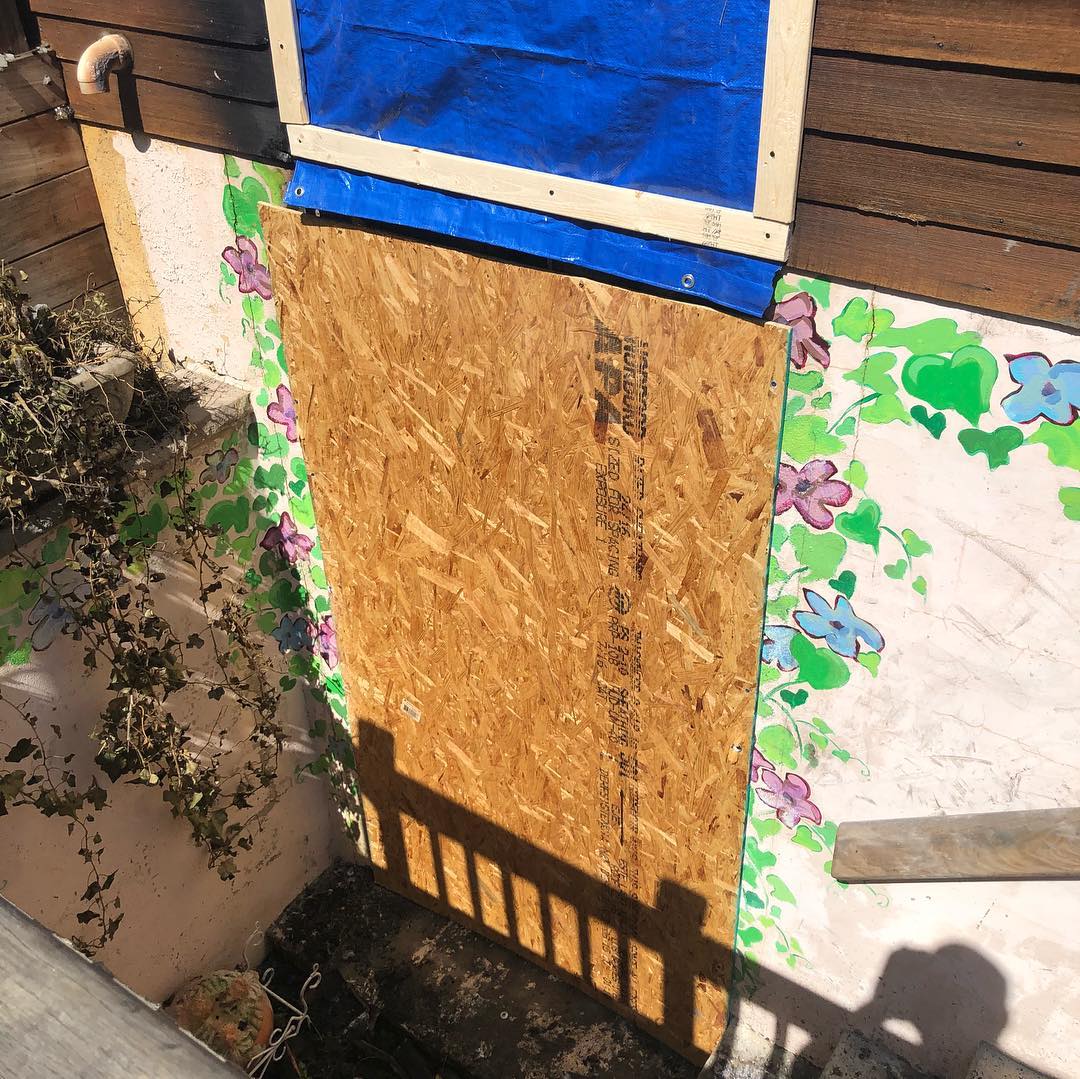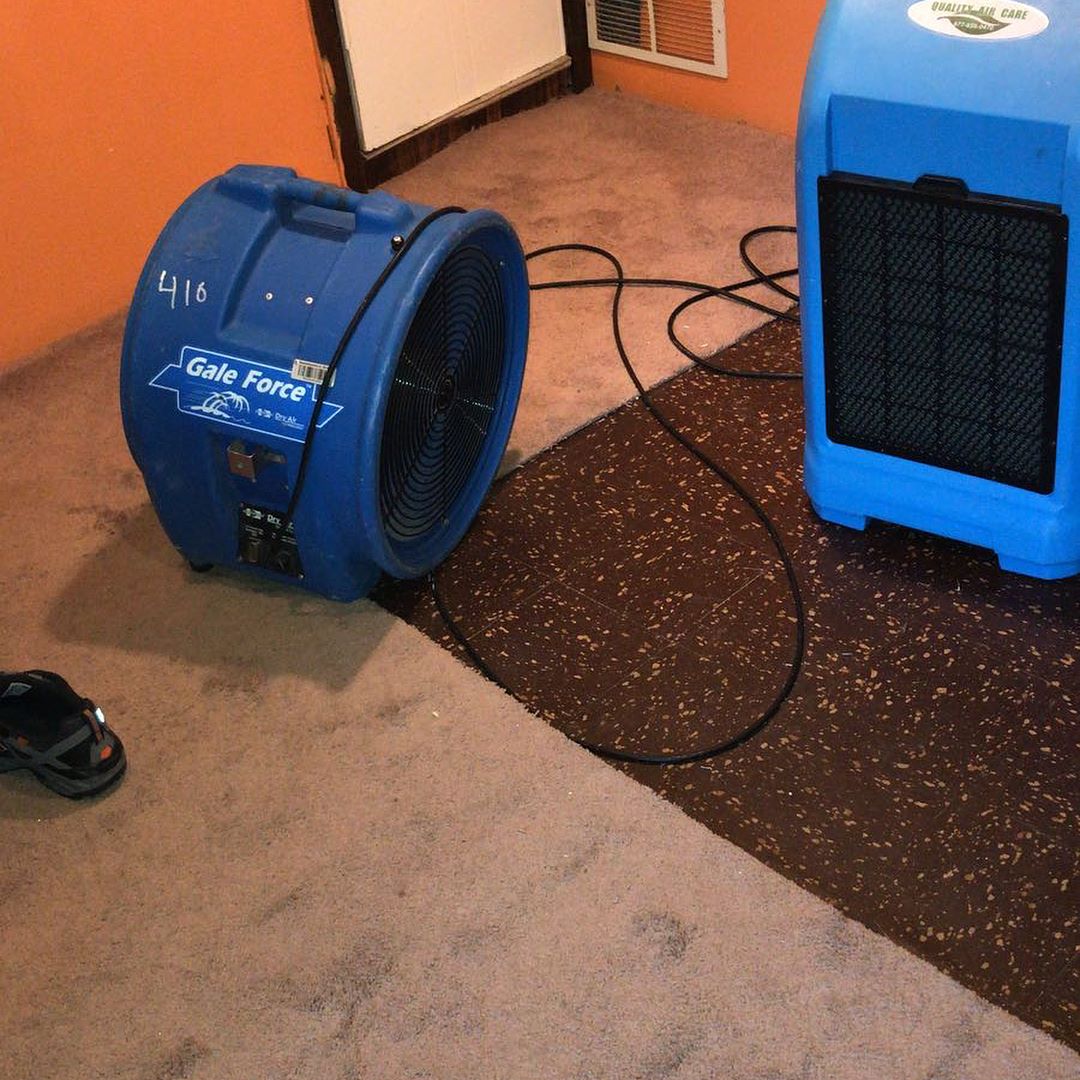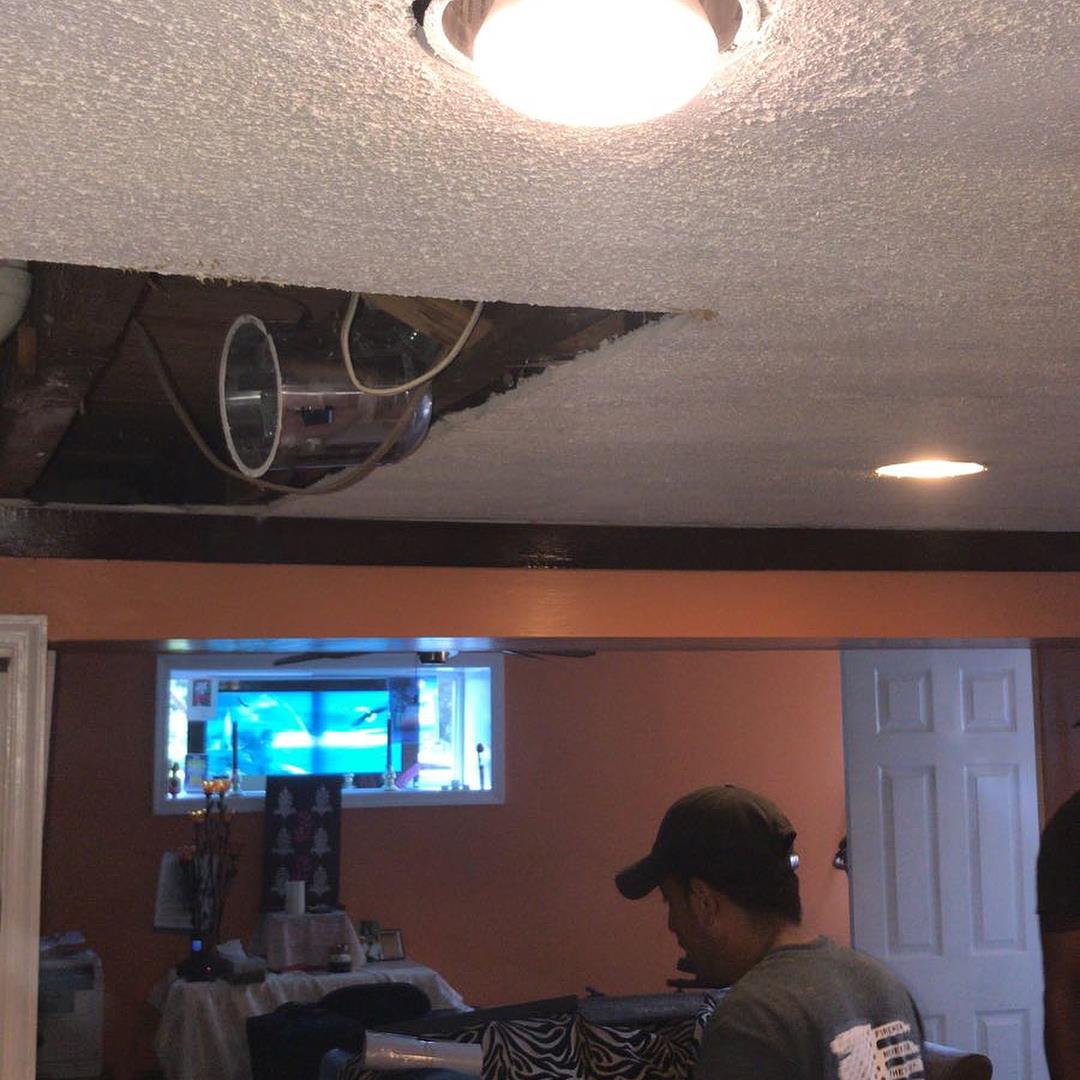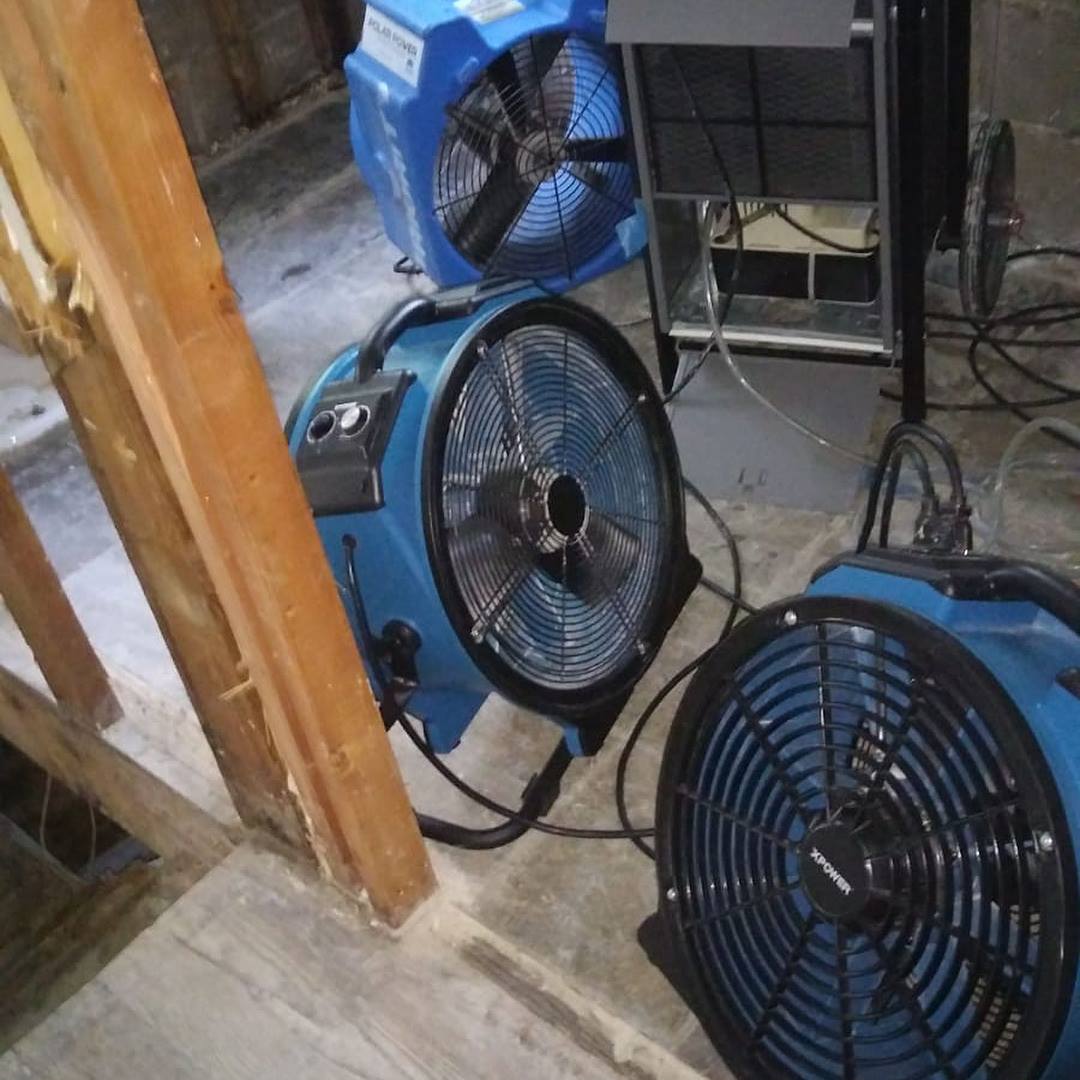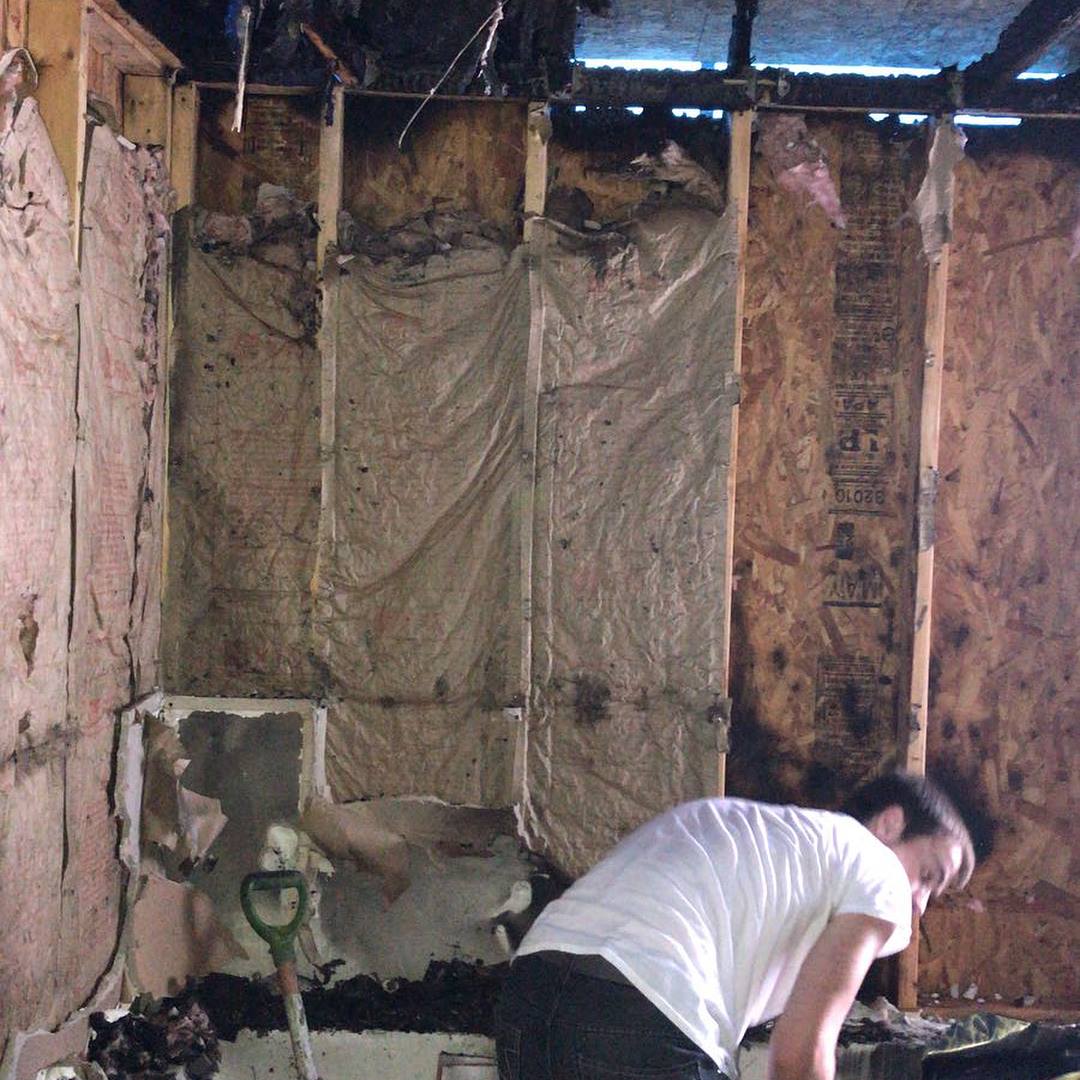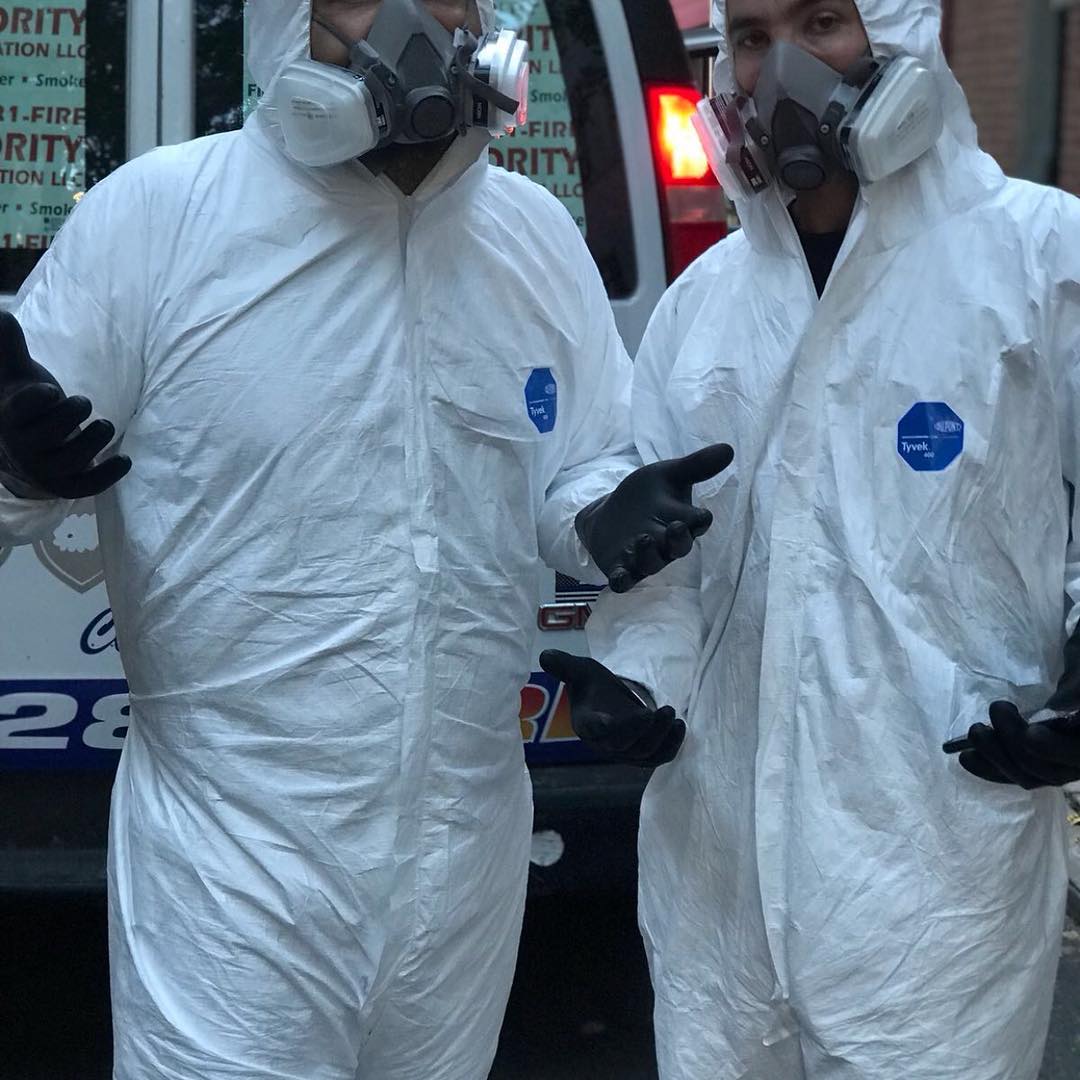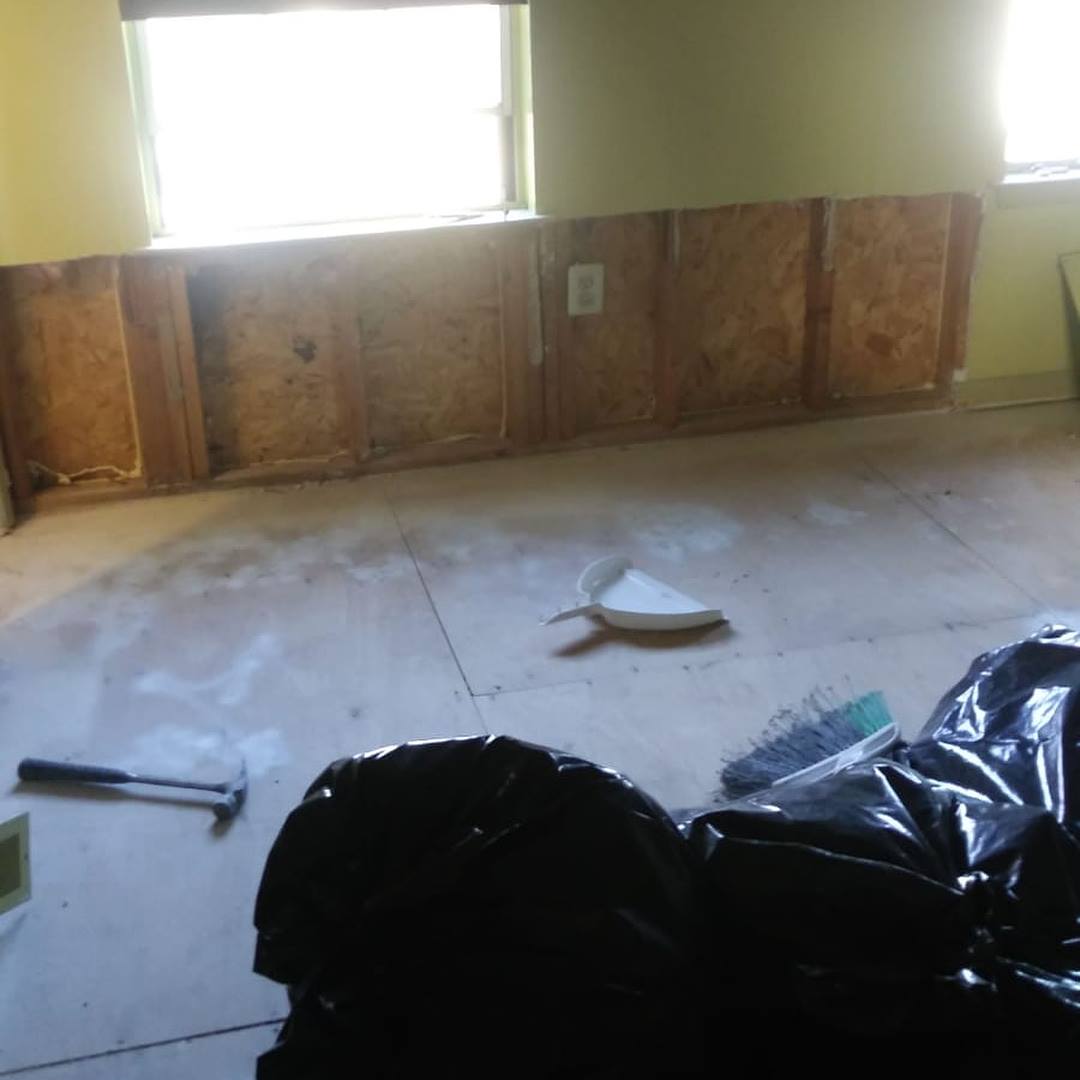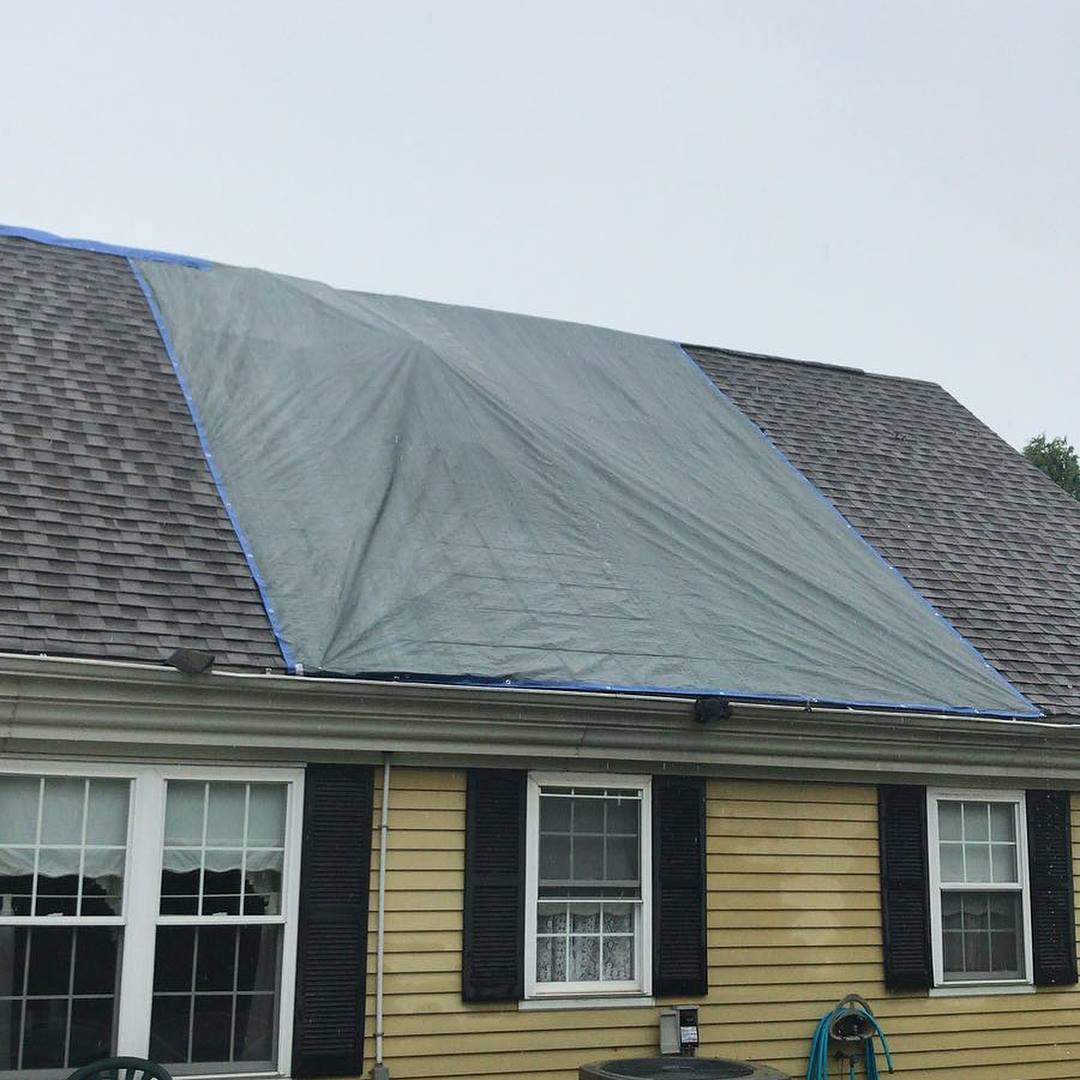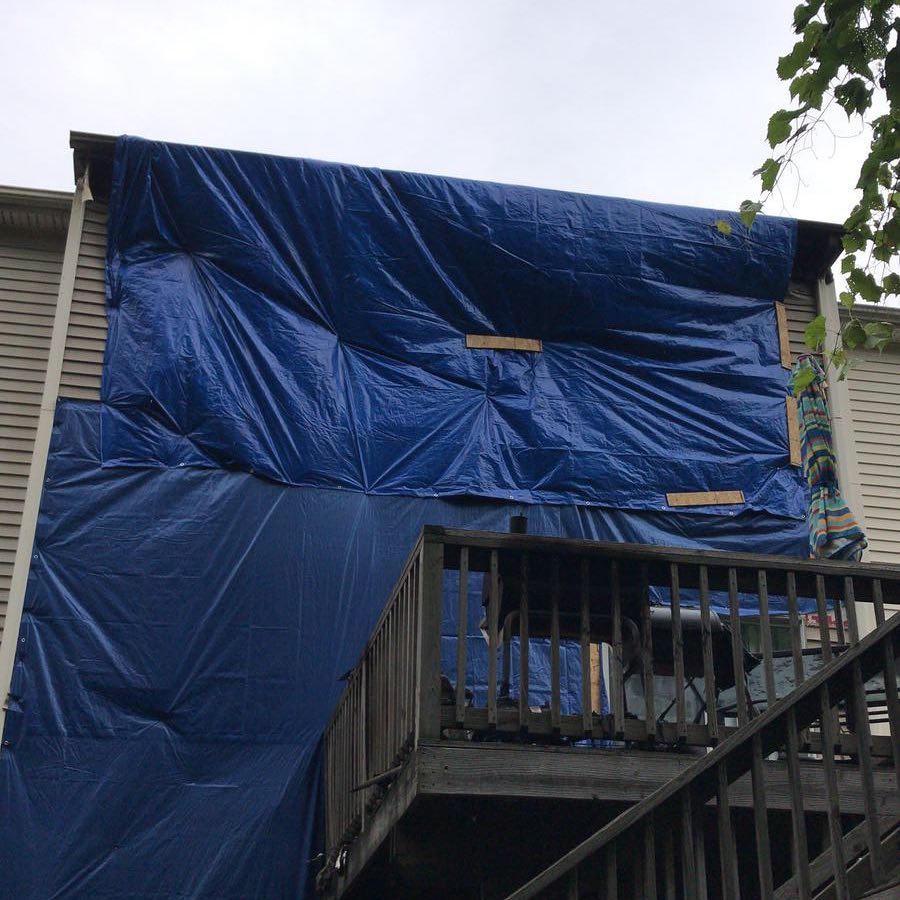
When dealing with wall water damage, you need a reliable and local team of Philly damage restoration experts in your corner. We've restored 100s of properties, both residential and commercial, in the Philly area and we're ready to come out and help you 24/7.
We're certified, insured, and work with all insurance companies. We understand how overwhelming it can be dealing with unexpected damage so let us assist you with your claim so you can focus on getting your life back on track.

Request a Free Estimate
or call (445) 234-4123
By submitting the form, you agree to our Terms of Service and Privacy Policy.
Wall water damage is a common yet serious issue that can compromise the structural integrity of your home and create an unhealthy living environment. At Philly Damage Restoration, we specialize in addressing and restoring wall water damage with expertise and efficiency.
Common Causes of Wall Water Damage
- Leaking Pipes: One of the primary causes of wall water damage is leaking or burst pipes. These leaks can occur behind walls, making them difficult to detect until significant damage has occurred.
- Roof Leaks: Damaged or missing shingles, cracked flashing, or improperly sealed roof valleys can allow water to seep into walls, leading to moisture buildup and water damage.
- Flooding: Natural disasters such as hurricanes, heavy rainstorms, and flash floods can lead to significant wall water damage, especially in low-lying areas prone to flooding.
- Condensation: Poor ventilation in areas like bathrooms and kitchens can lead to condensation, which can eventually seep into walls and cause damage.
- Appliance Malfunctions: Faulty appliances such as dishwashers, washing machines, and water heaters can leak, causing water to accumulate and damage surrounding walls.
- HVAC Issues: Air conditioning units and HVAC systems that are not properly maintained can leak water, leading to wall damage.
Signs of Wall Water Damage
Detecting wall water damage early is crucial to prevent extensive repairs. Here are some signs to look out for:
- Discoloration: Stains or patches on walls that are yellow, brown, or copper-colored.
- Peeling Paint or Wallpaper: Bubbling, peeling, or flaking paint and wallpaper can indicate moisture behind the wall.
- Mold Growth: The presence of mold or mildew on walls, characterized by dark spots or a musty odor.
- Soft or Warped Walls: Walls that feel soft to the touch or appear warped can indicate severe water damage.
- Water Stains: Visible water stains or rings on the wall surface.
Steps to Repair Water Damaged Walls
At Philly Damage Restoration, we follow a systematic approach to restore water damaged walls. Here’s a detailed breakdown of our process:
1. Inspection and Assessment
The first step is to conduct a thorough inspection to assess the extent of the damage. We use moisture meters and thermal imaging cameras to detect hidden moisture behind walls. This allows us to determine the severity of the damage and develop an appropriate restoration plan.
2. Water Extraction and Drying
Next, we focus on removing any standing water and thoroughly drying the affected areas. Industrial-grade dehumidifiers and air movers are used to accelerate the drying process. Proper drying is crucial to prevent mold growth and further structural damage.
3. Mold Remediation
If mold is detected, we perform mold remediation to ensure a healthy living environment. This involves cleaning and disinfecting the affected areas, and, if necessary, removing and replacing contaminated drywall.
4. Structural Repairs
Once the area is dry and mold-free, we proceed with structural repairs. This may involve replacing damaged drywall, insulation, and framing. Our team ensures that all repairs are done to code and match the existing structure of your home.
5. Finishing Touches
Finally, we apply the finishing touches, such as painting, wallpapering, and trim work, to restore your walls to their original condition. Our goal is to leave your home looking as if the damage never occurred.
Preventing Wall Water Damage
Prevention is key to avoiding costly repairs. Here are some tips to help prevent wall water damage:
Regular Maintenance
- Inspect and Maintain Plumbing: Regularly check for leaks in pipes, faucets, and appliances. Replace old or damaged plumbing components to prevent leaks.
- Roof Maintenance: Inspect your roof for damage and make necessary repairs promptly. Clean gutters and downspouts to ensure proper drainage.
- HVAC System Maintenance: Service your HVAC system regularly to prevent leaks and condensation issues.
Proper Ventilation
- Use Exhaust Fans: Install and use exhaust fans in bathrooms and kitchens to reduce humidity levels.
- Vent Appliances: Ensure that appliances like dryers and range hoods are properly vented to the outside.
Waterproofing and Sealing
- Seal Windows and Doors: Check and reseal windows and doors to prevent water intrusion.
- Basement Waterproofing: Consider waterproofing your basement to prevent water from seeping into walls.
Navigating Residential Insurance Policies
Understanding your residential insurance policy is essential when dealing with water damage. Here’s what you need to know:
Coverage for Water Damage
Most standard homeowners insurance policies cover water damage if it is sudden and accidental, such as damage caused by a burst pipe or an appliance malfunction. However, damage resulting from poor maintenance or gradual leaks is typically not covered.
Flood Insurance
Standard homeowners insurance does not cover flood damage. If you live in a flood-prone area, it’s essential to purchase separate flood insurance through the National Flood Insurance Program (NFIP) or a private insurer.
Filing a Claim
If you experience wall water damage, take the following steps to file an insurance claim:
- Document the Damage: Take photos and videos of the damage for evidence.
- Contact Your Insurer: Notify your insurance company as soon as possible to start the claims process.
- Mitigate Further Damage: Take immediate steps to prevent further damage, such as turning off the water supply and calling a professional restoration company like Philly Damage Restoration.
- Keep Records: Maintain detailed records of all repairs and expenses related to the water damage.
If you suspect wall water damage in your home, don’t hesitate to contact Philly Damage Restoration. Our team of experts is ready to help you restore your home to its original condition, ensuring a safe and healthy living environment for you and your family.
Frequently Asked Questions About Wall Water Damage in Philly
If you notice water damage on your walls, it's crucial to act quickly. First, identify the source of the water and stop it if possible. Then, contact a professional water damage restoration company like Philly Damage Restoration to assess the damage, mitigate further issues, and begin the restoration process.





















